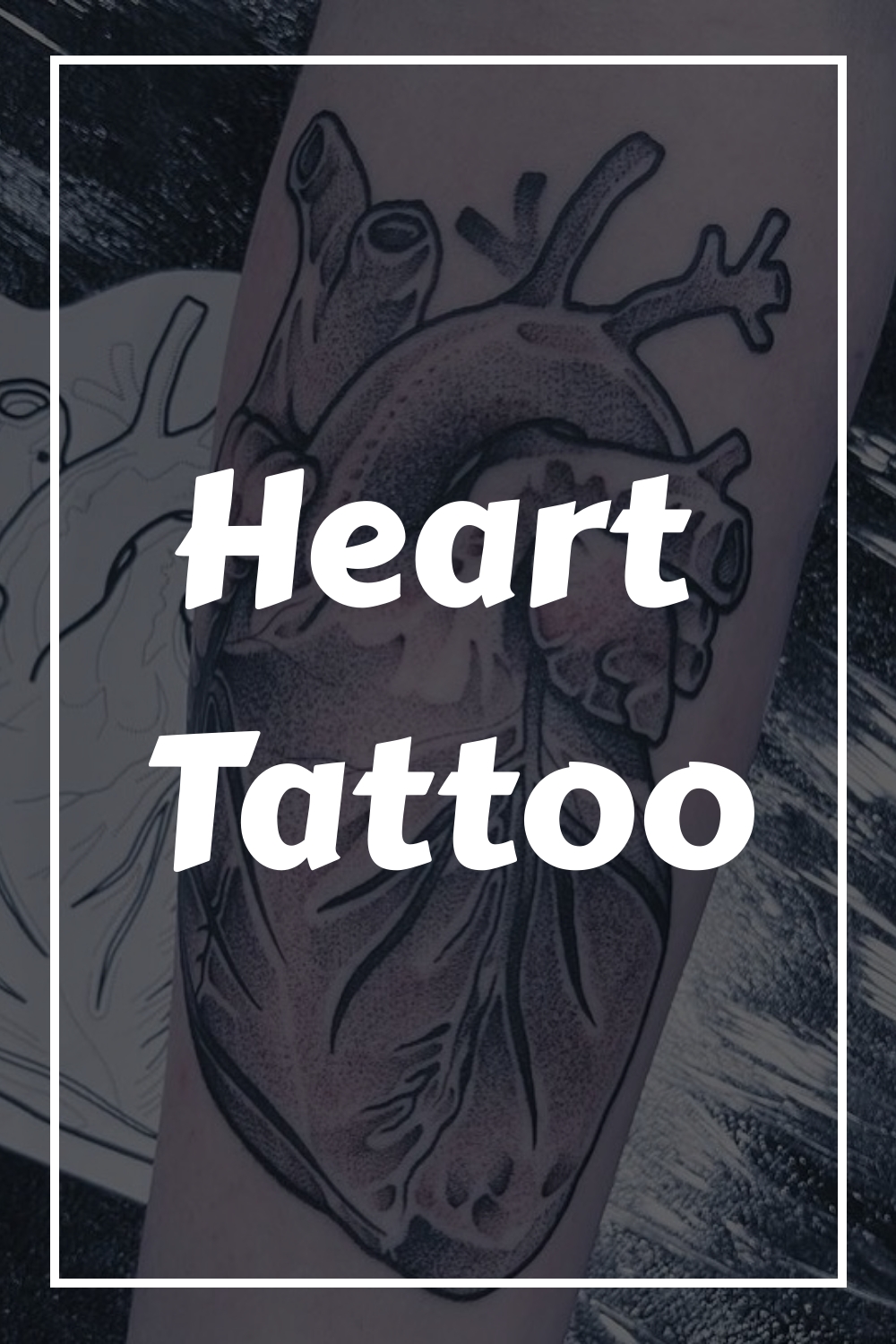Heart Tattoo
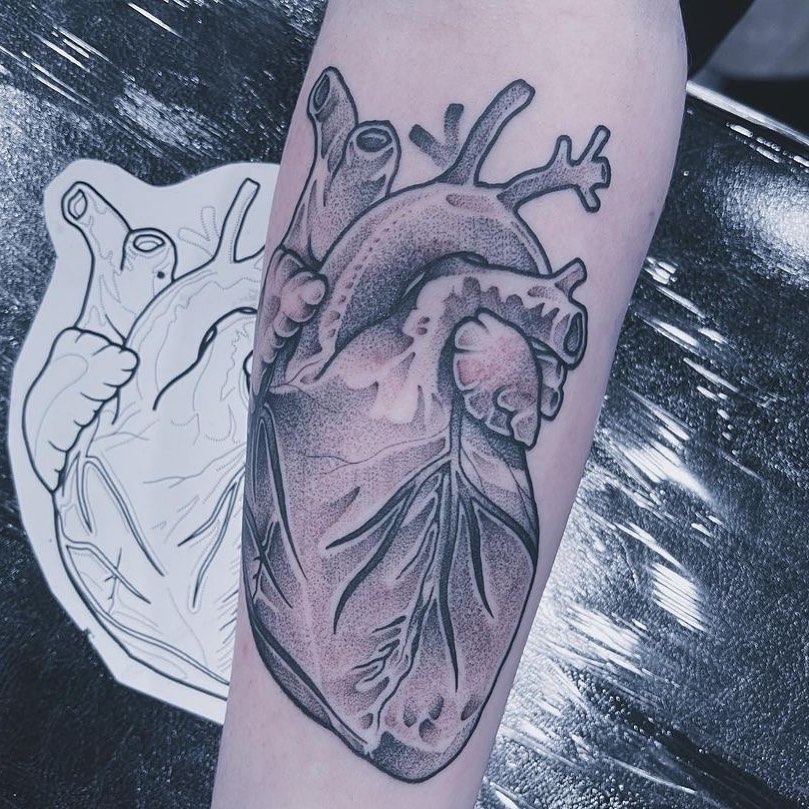
You’ve probably seen them inked on the arms, wrists, or chests of people all around you – heart tattoos. Simple yet significant, heart tattoos have become a universal symbol of love, passion, and deep emotions. Whether it’s a small, delicate heart or an elaborate design incorporating other elements, these tattoos have a way of capturing our attention and stirring our curiosity. In this article, we’ll explore the meaning behind heart tattoos, their various styles and placements, as well as the growing popularity of this enduring symbol of affection and connection.
Beautiful Heart Tattoos (Please Pin Your Favorite)
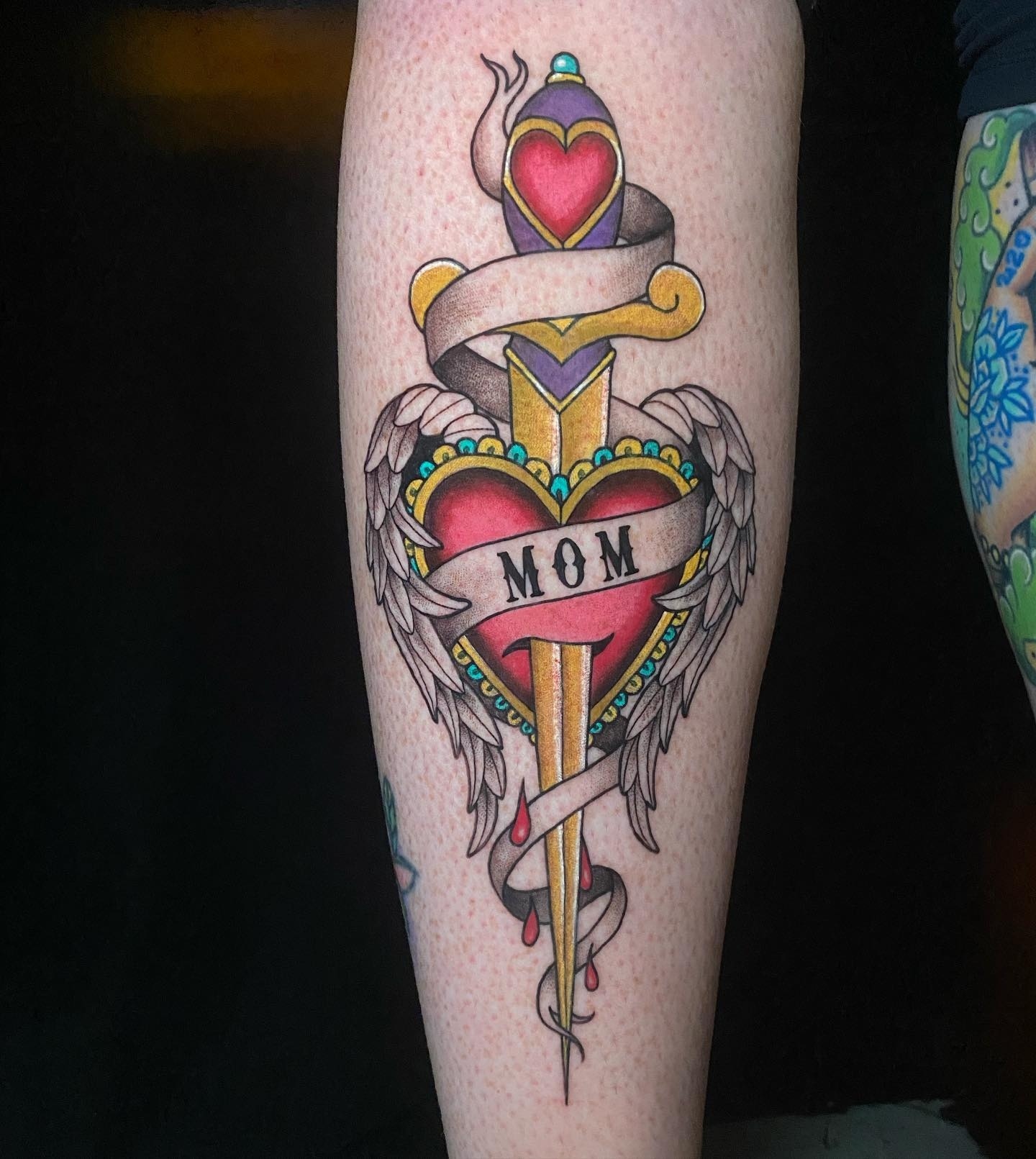
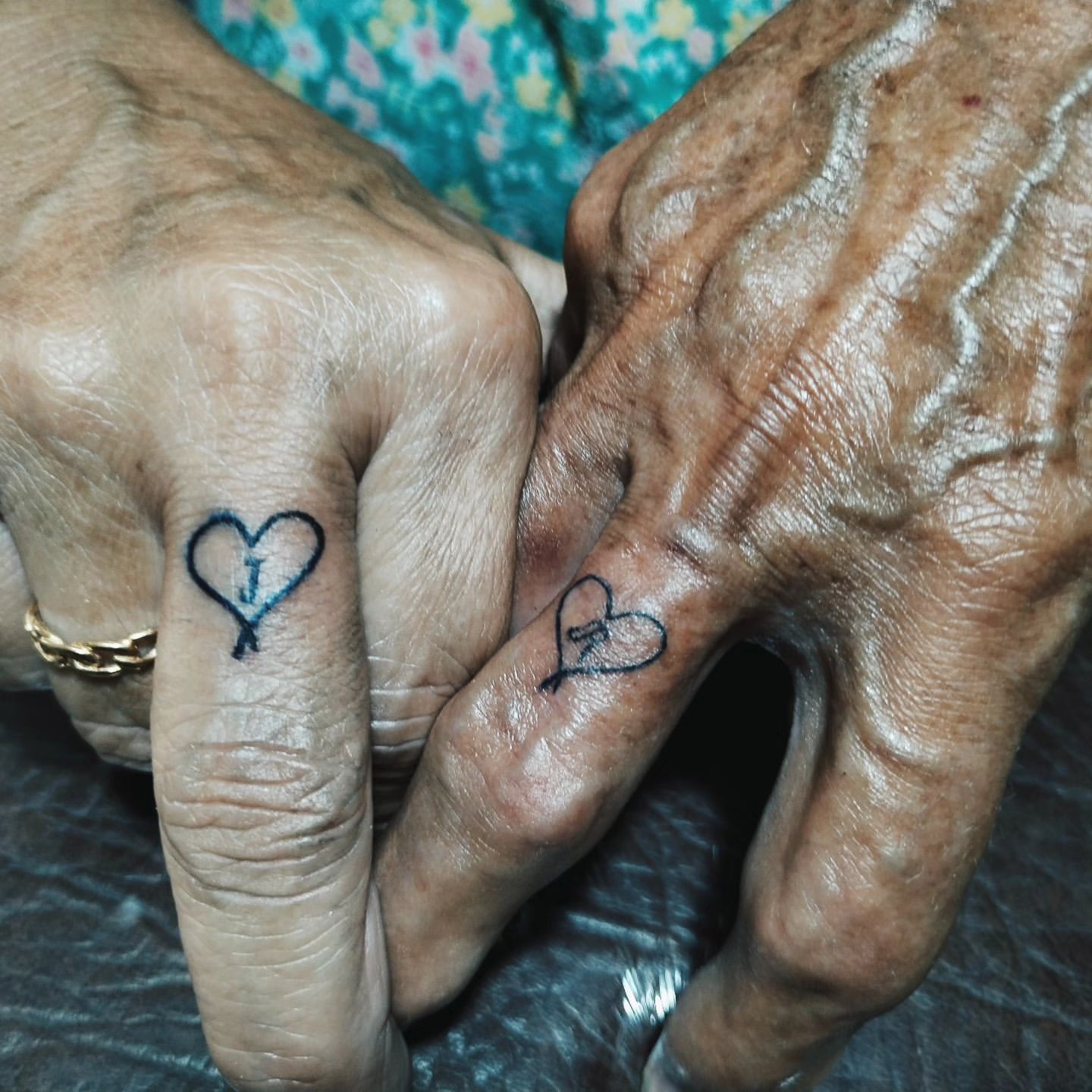
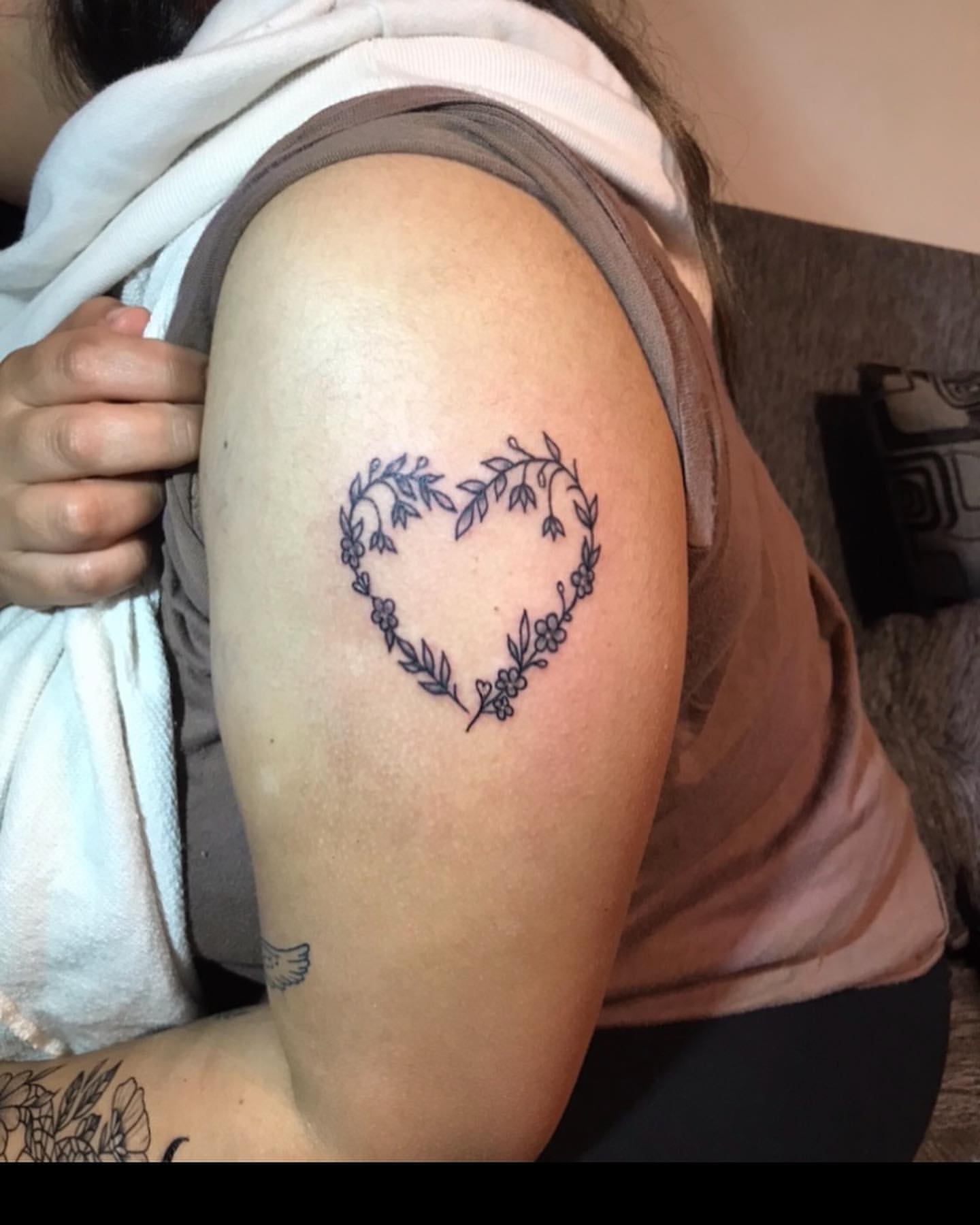
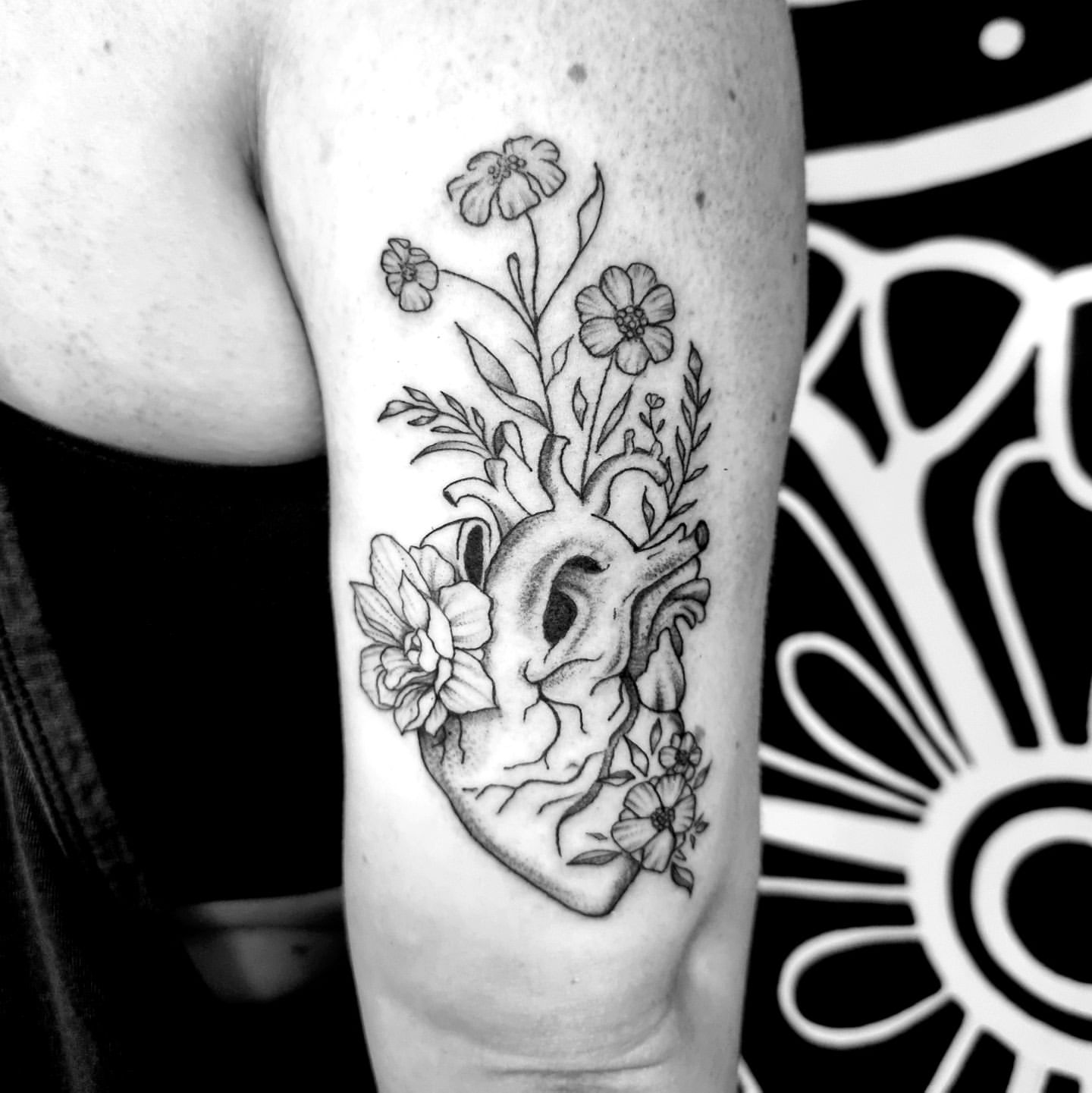
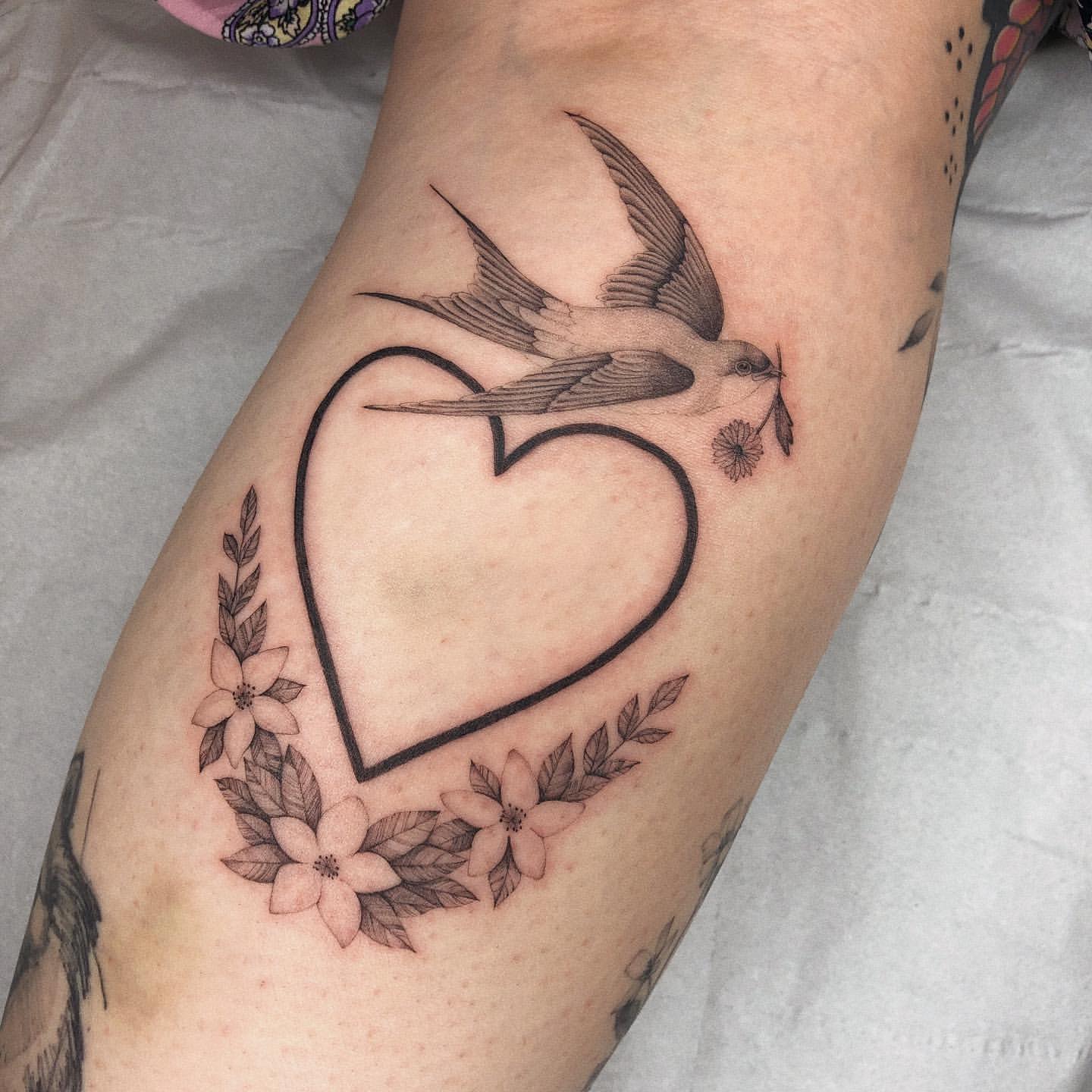
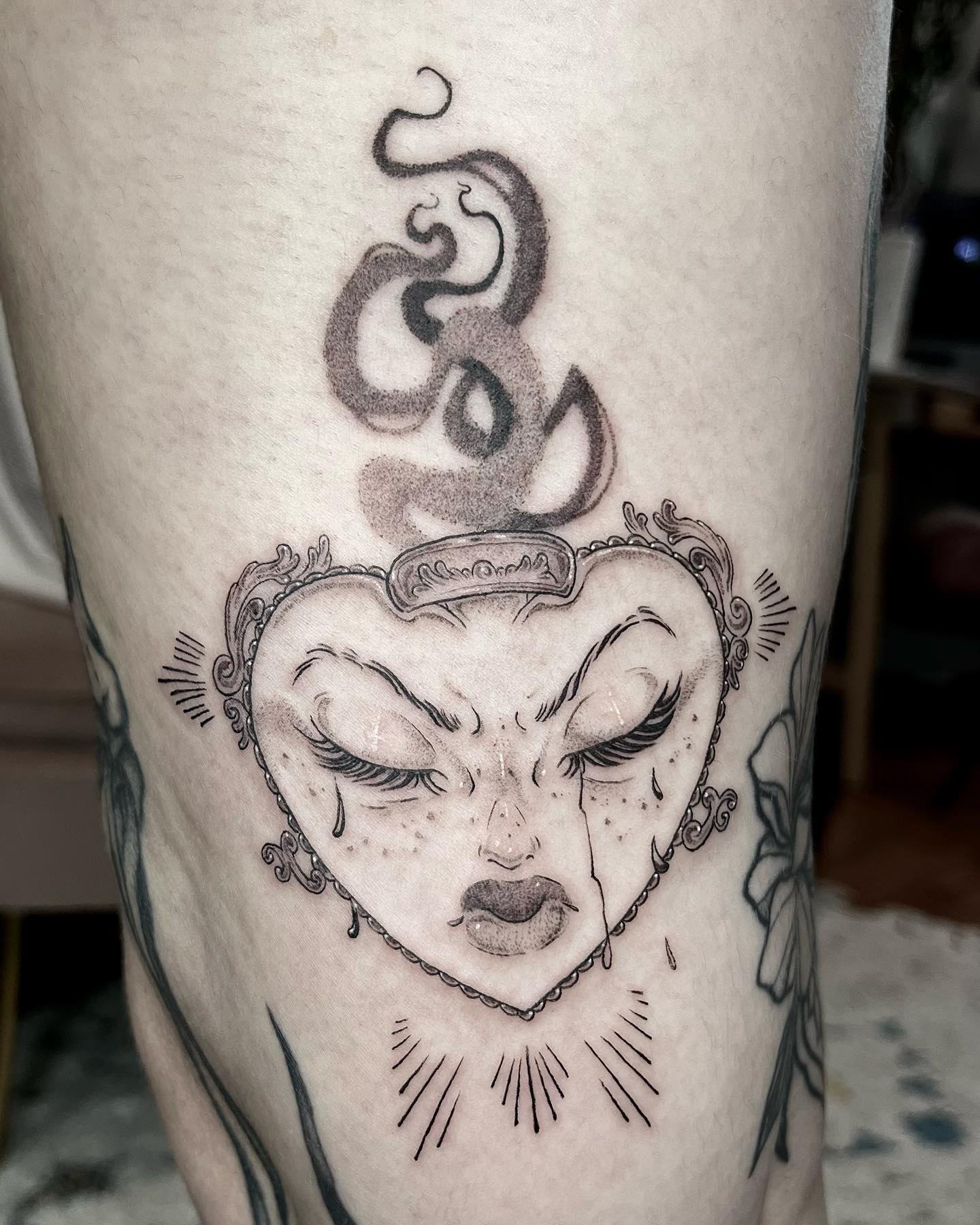
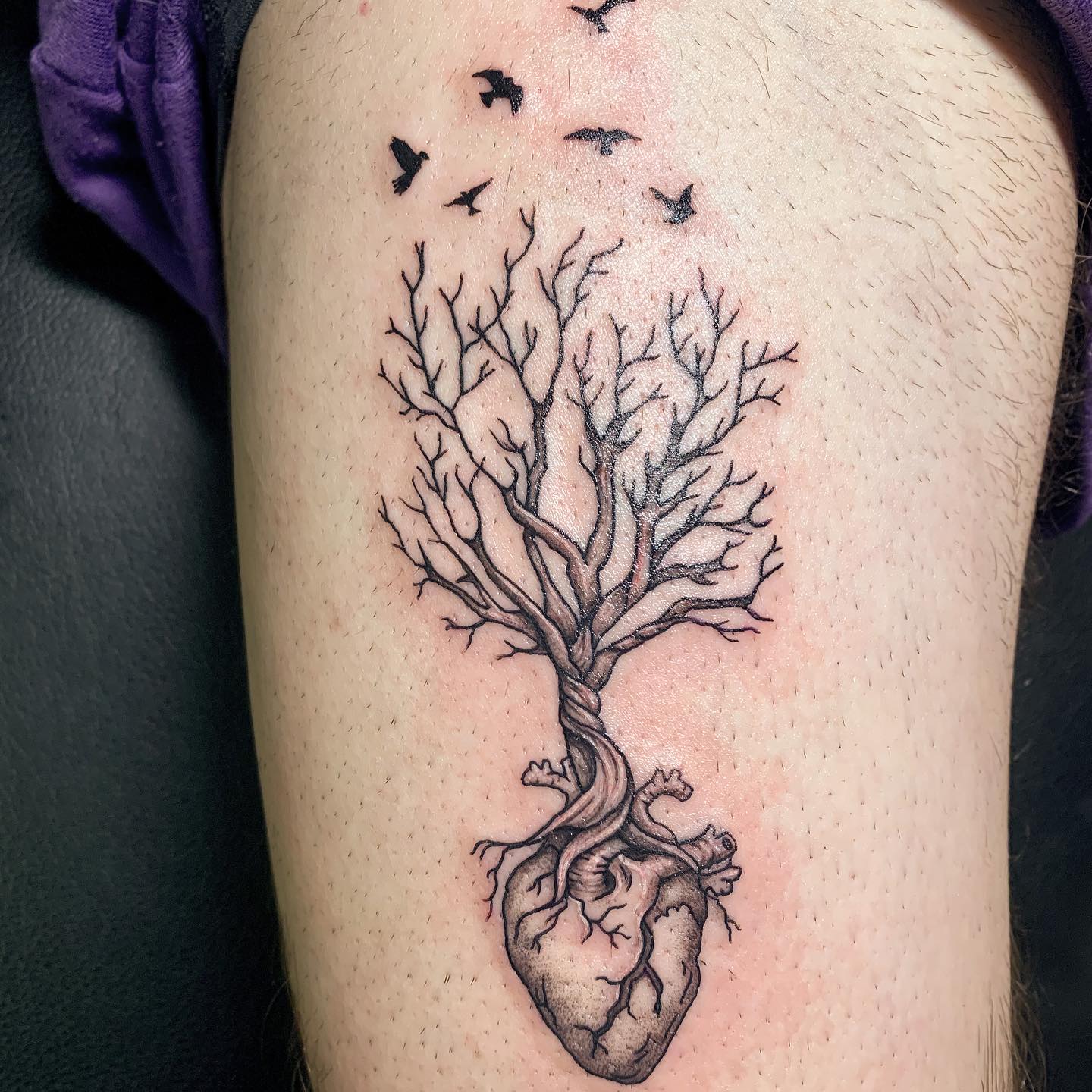
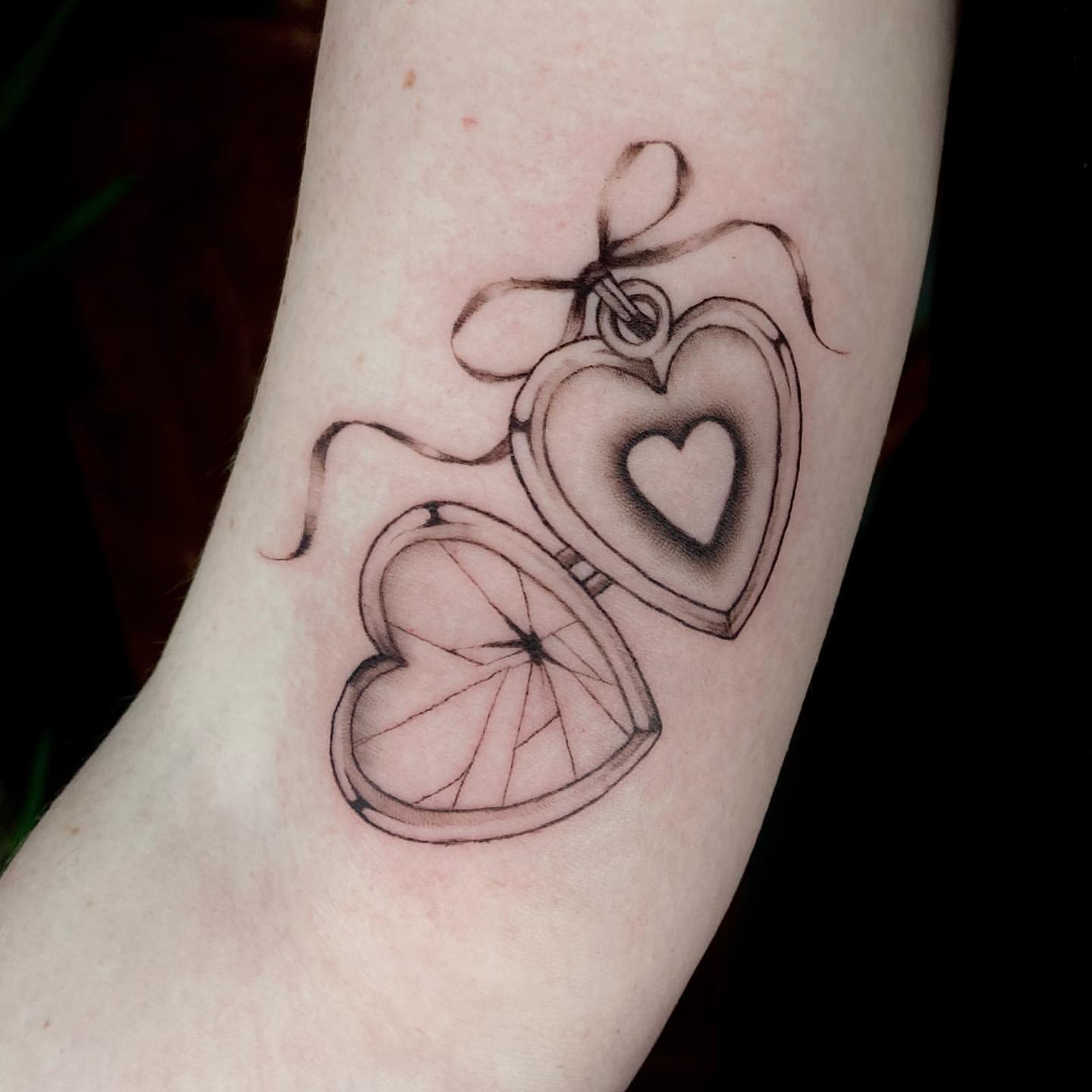
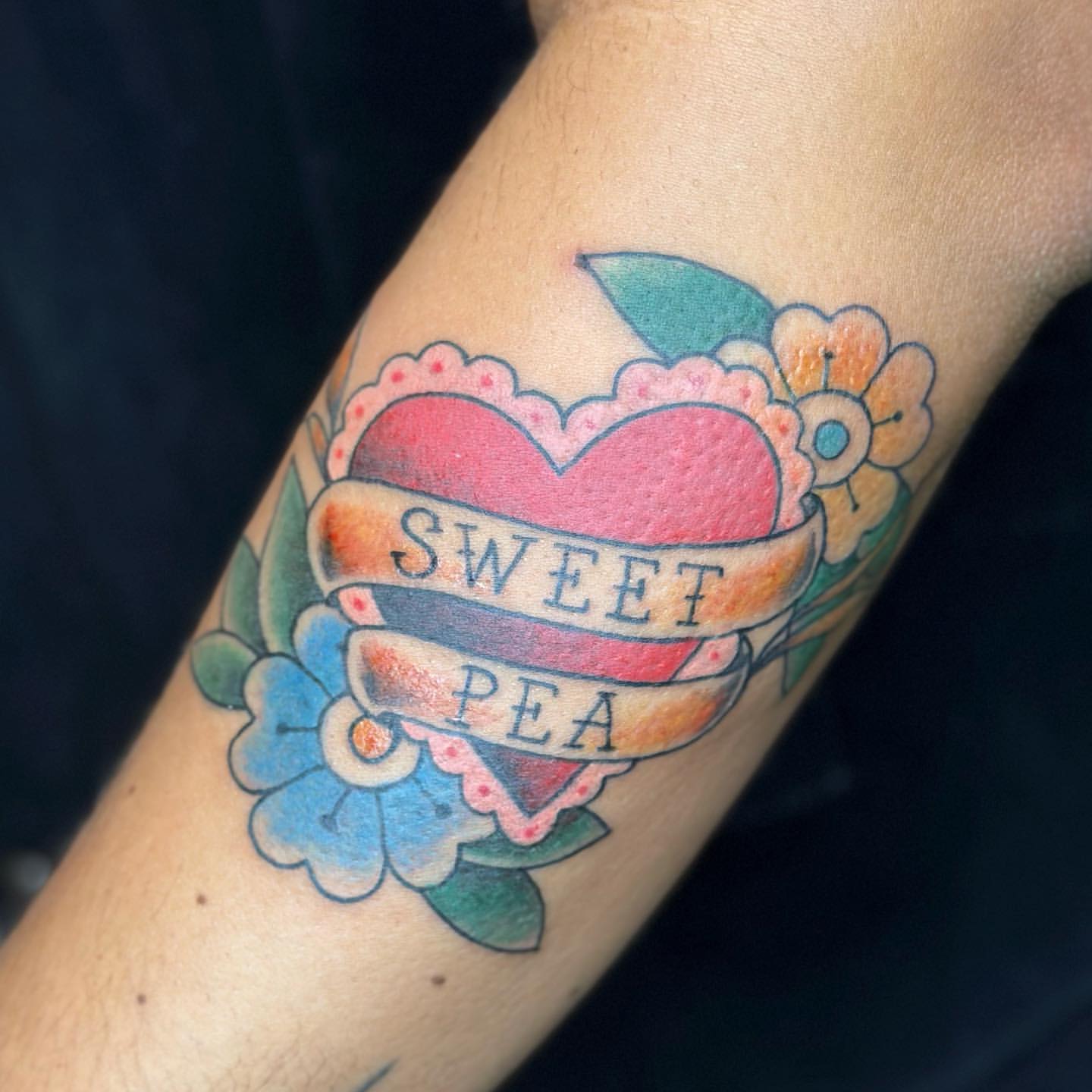

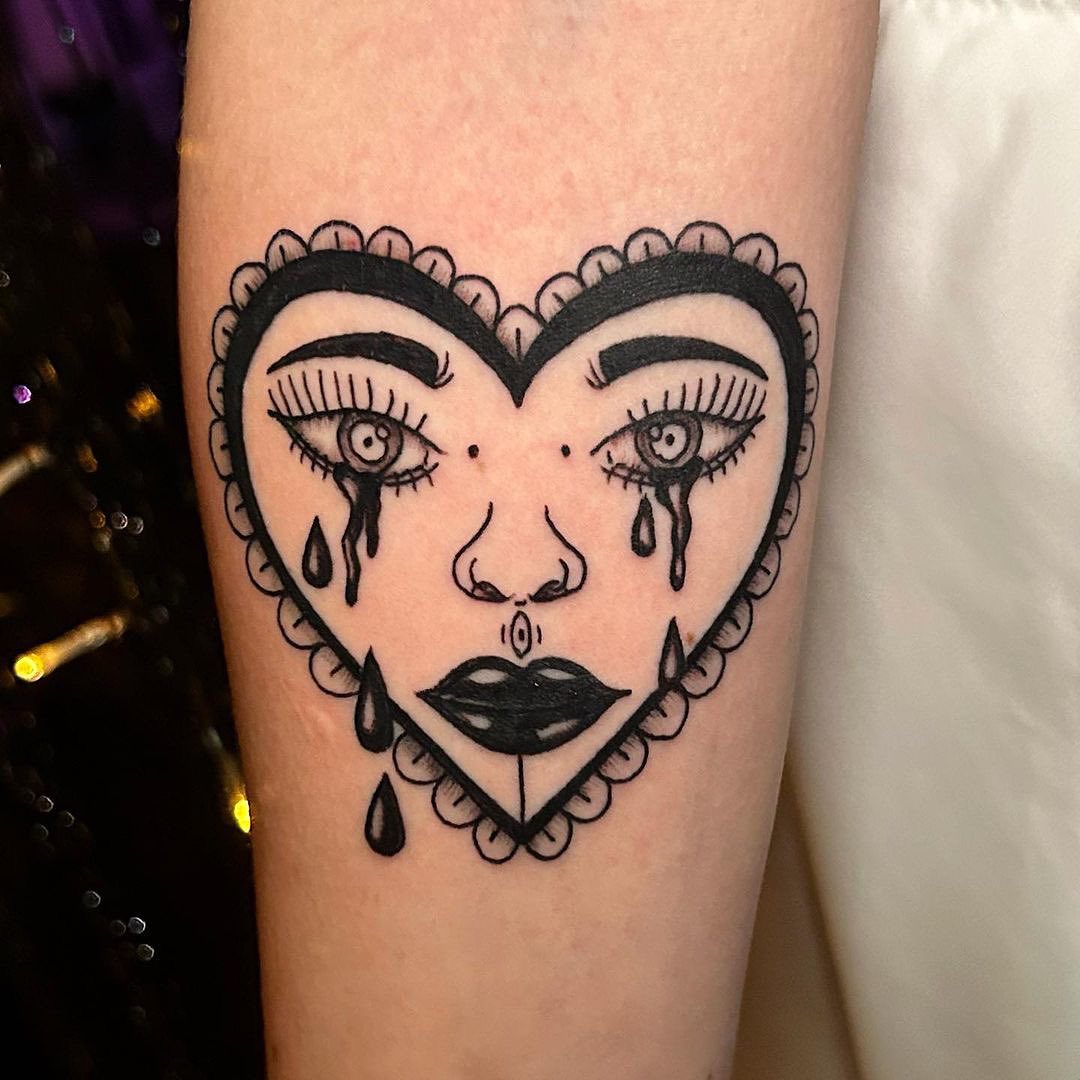
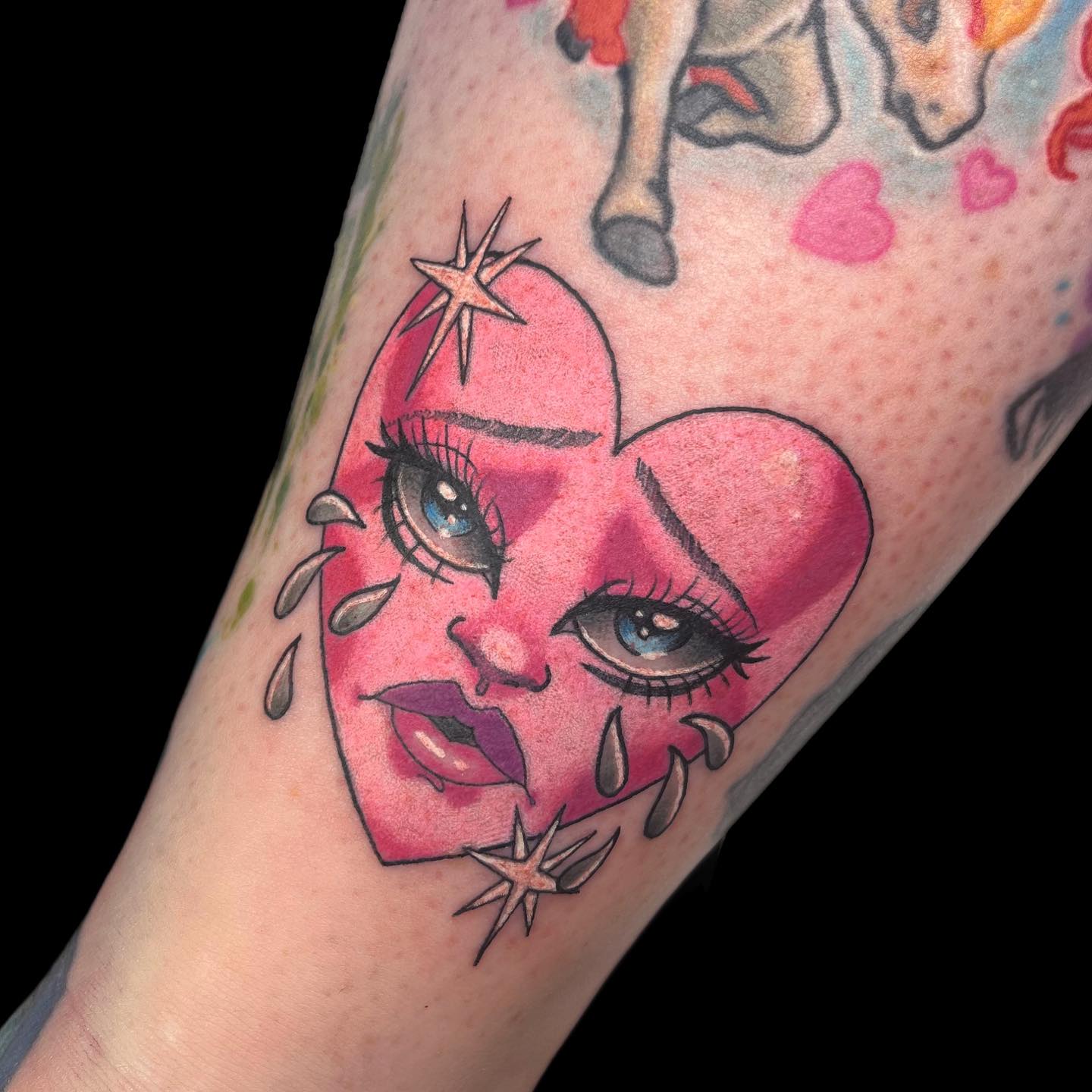
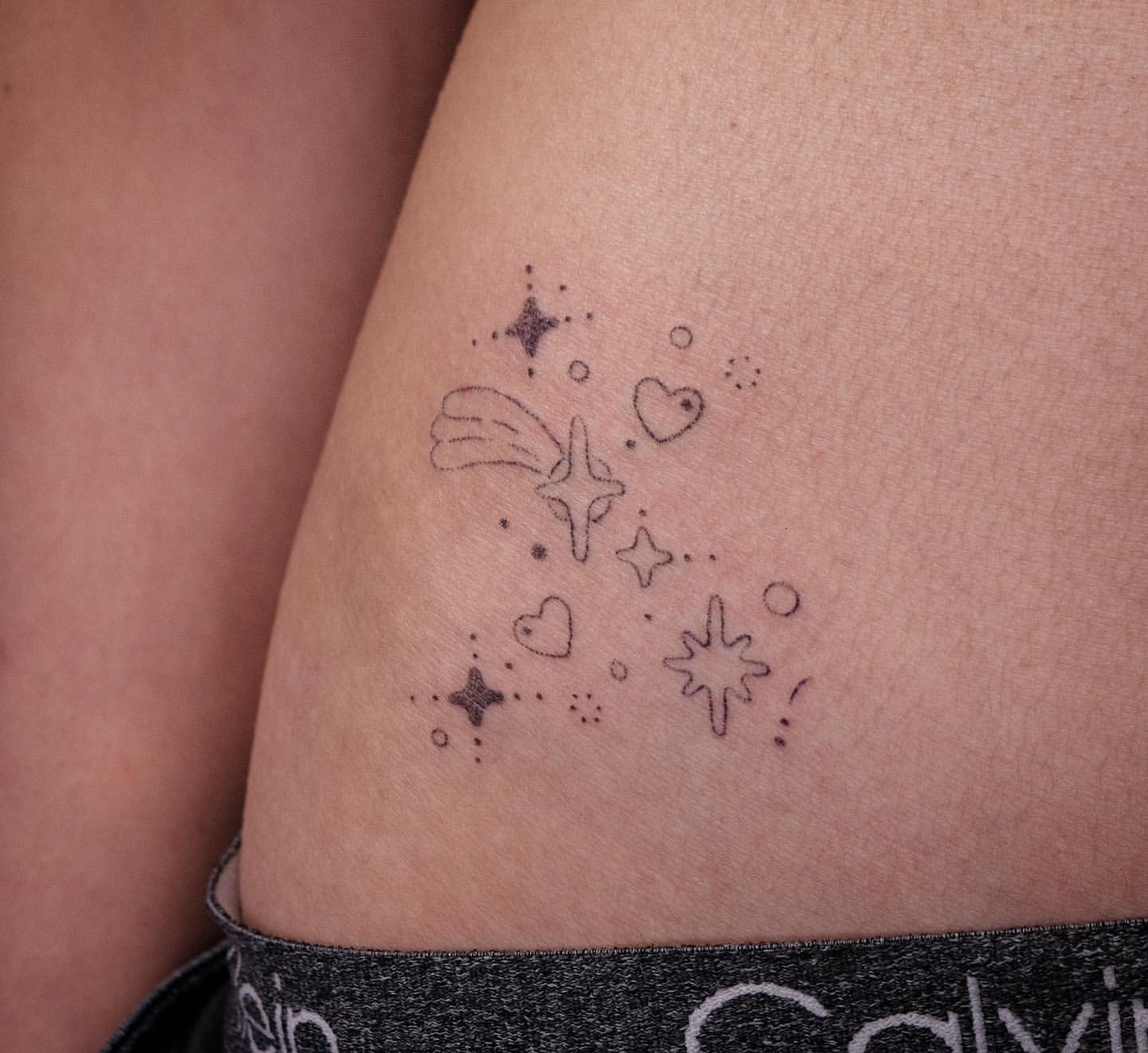
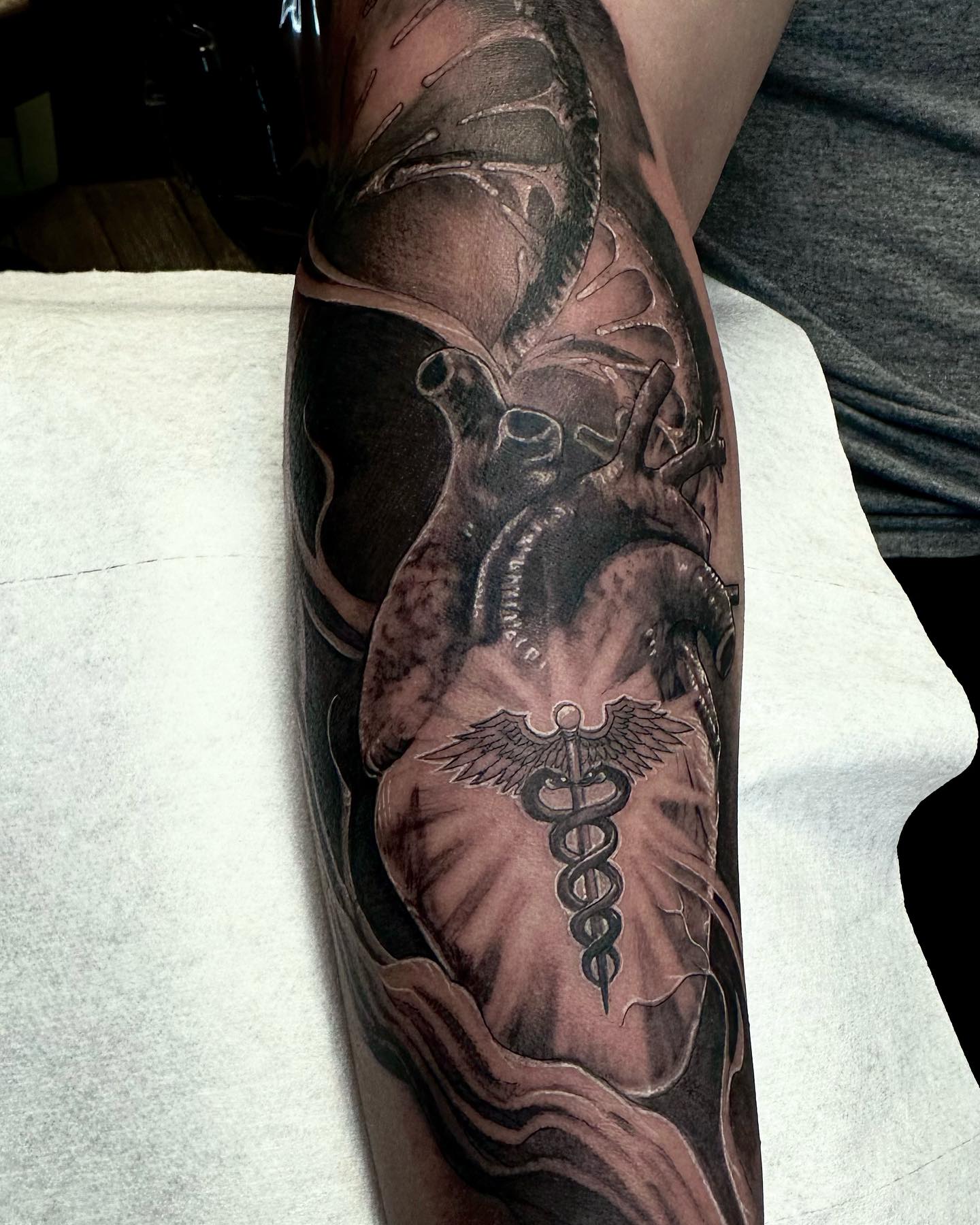
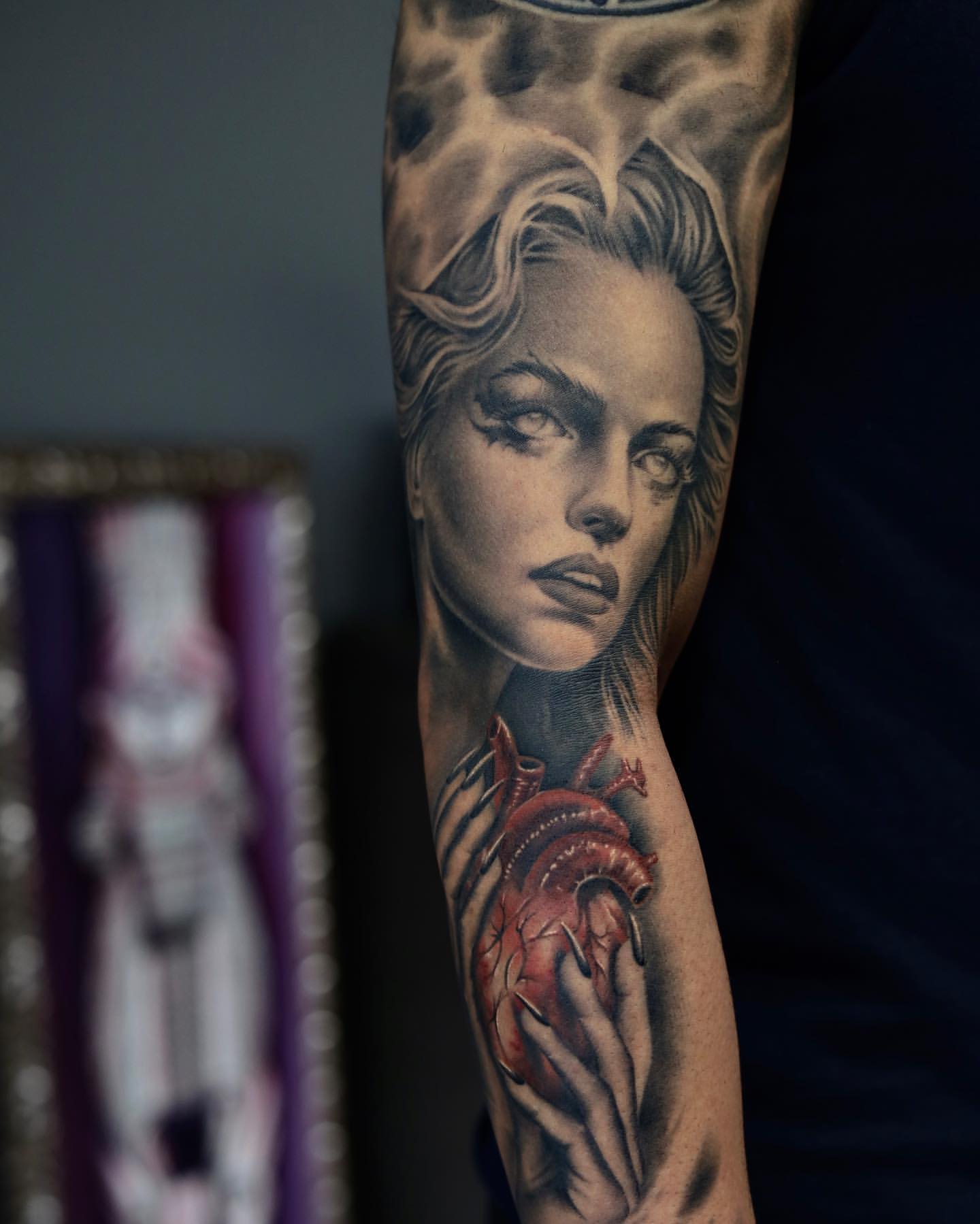
@enkitattoogallery
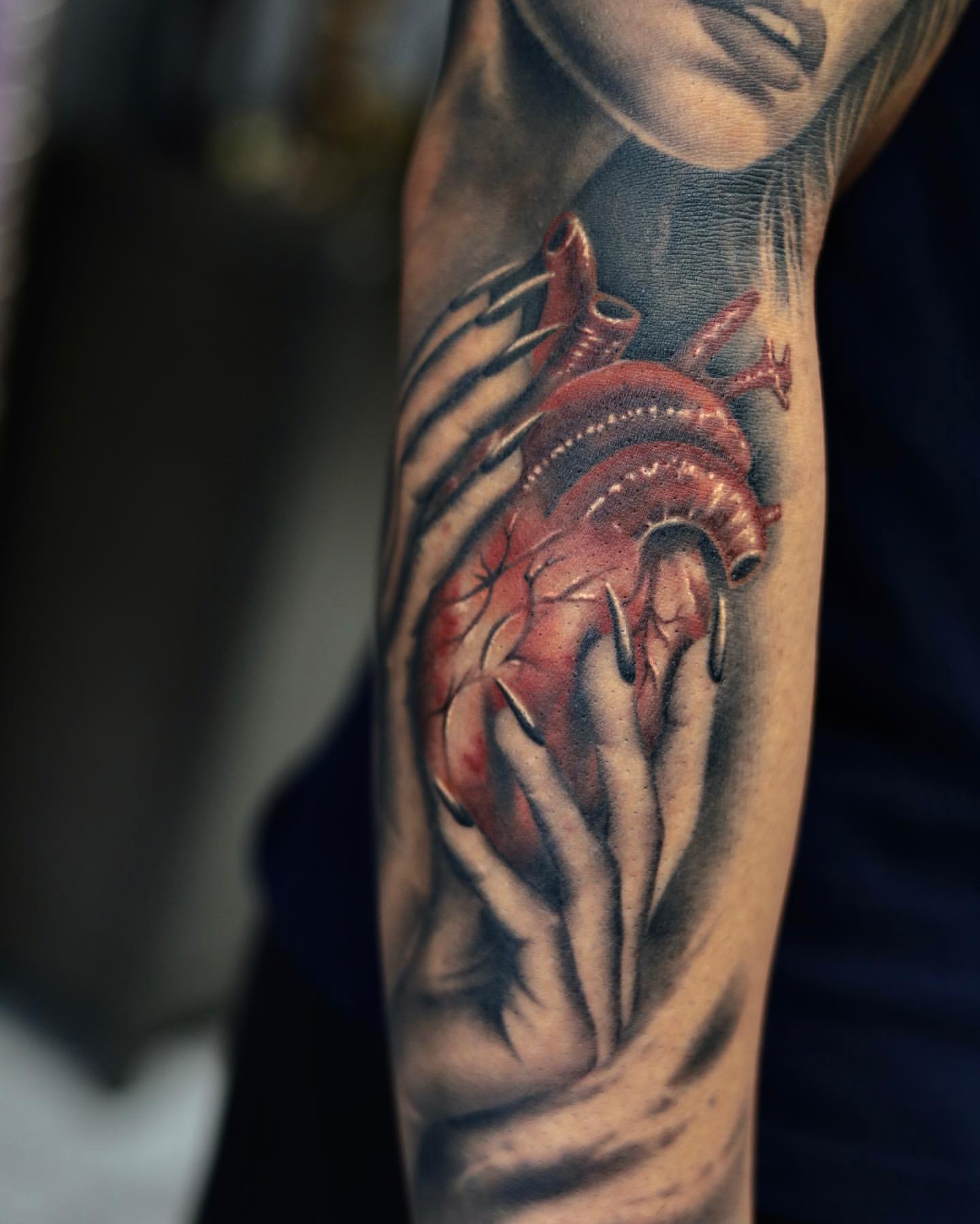
@enkitattoogallery
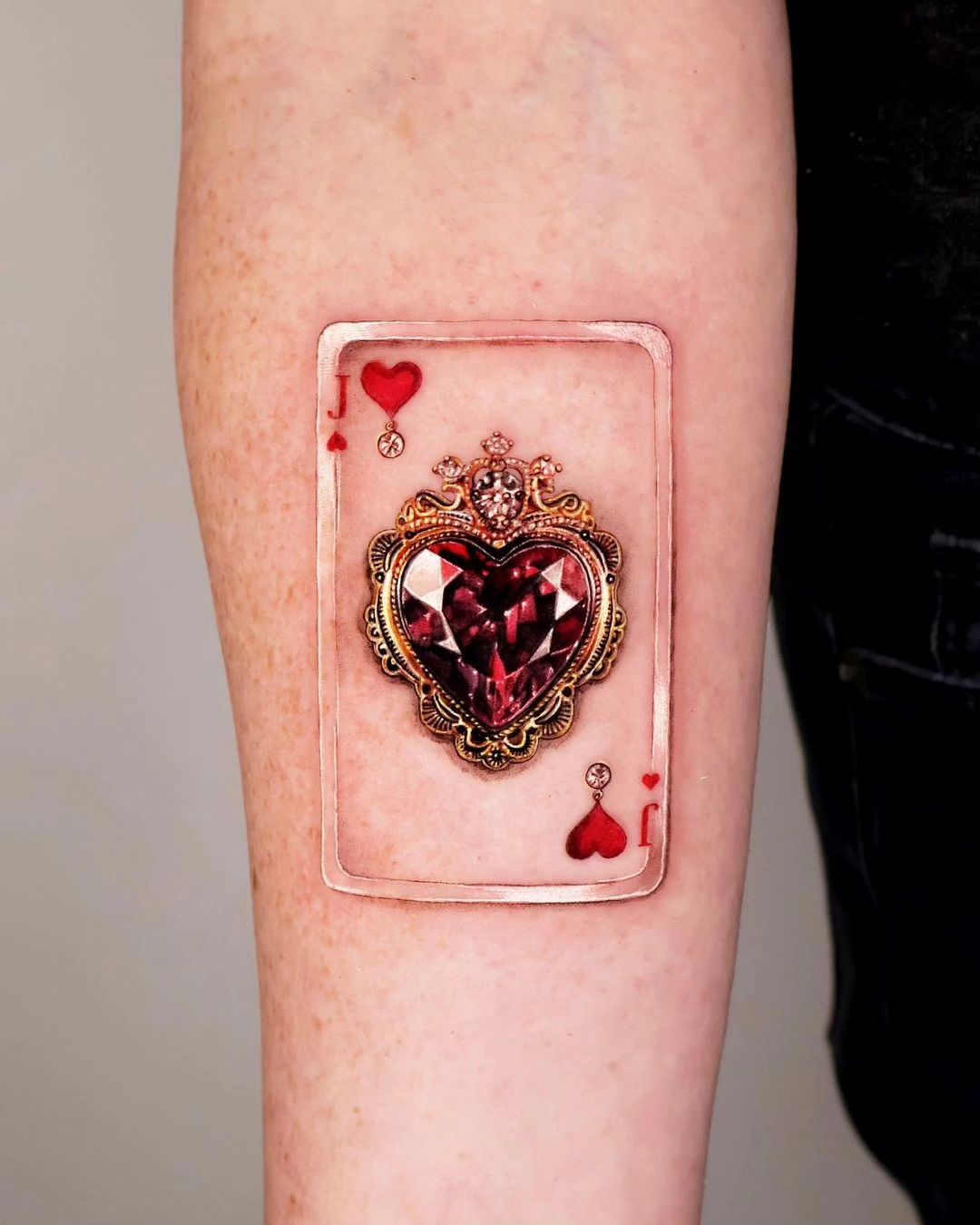
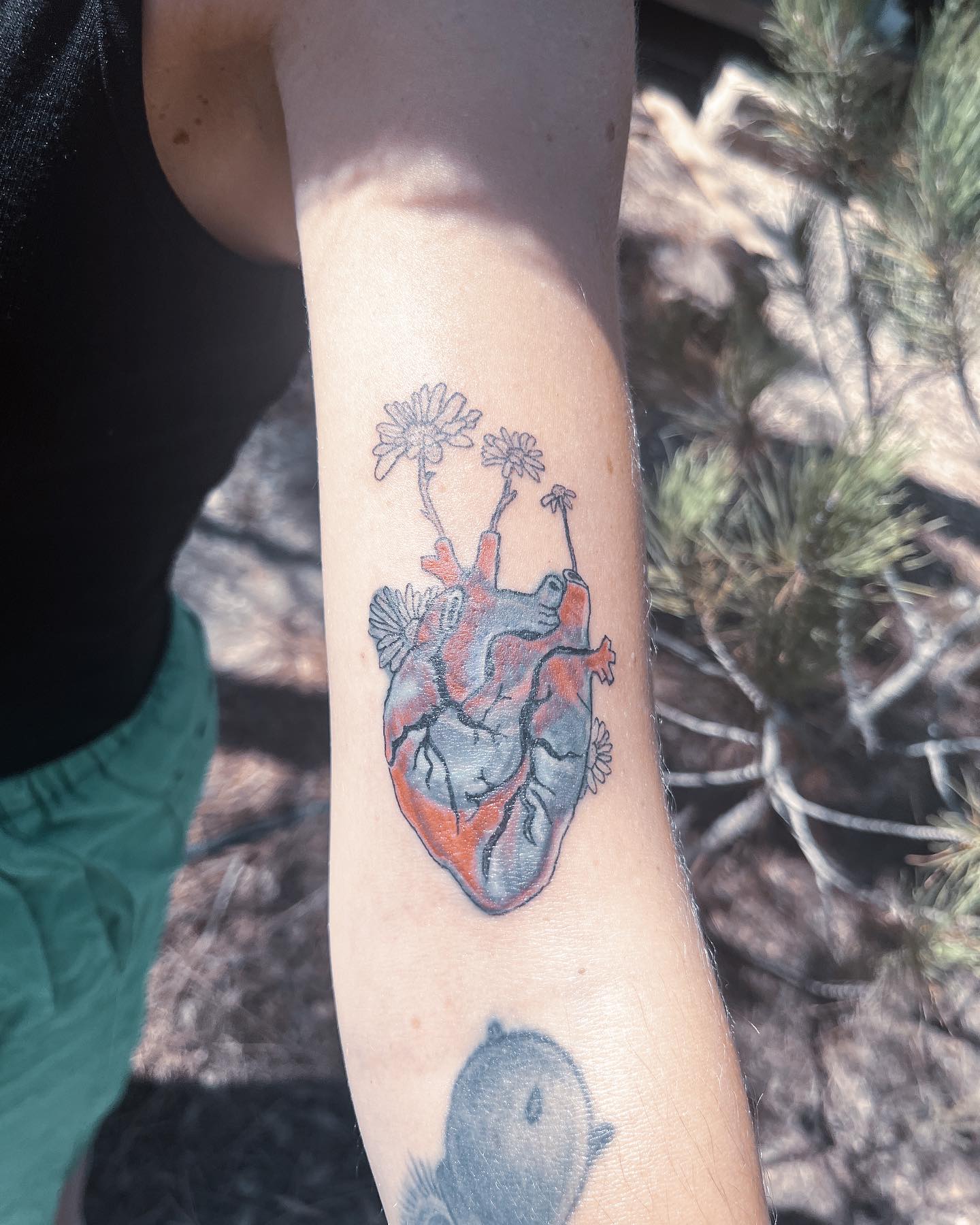
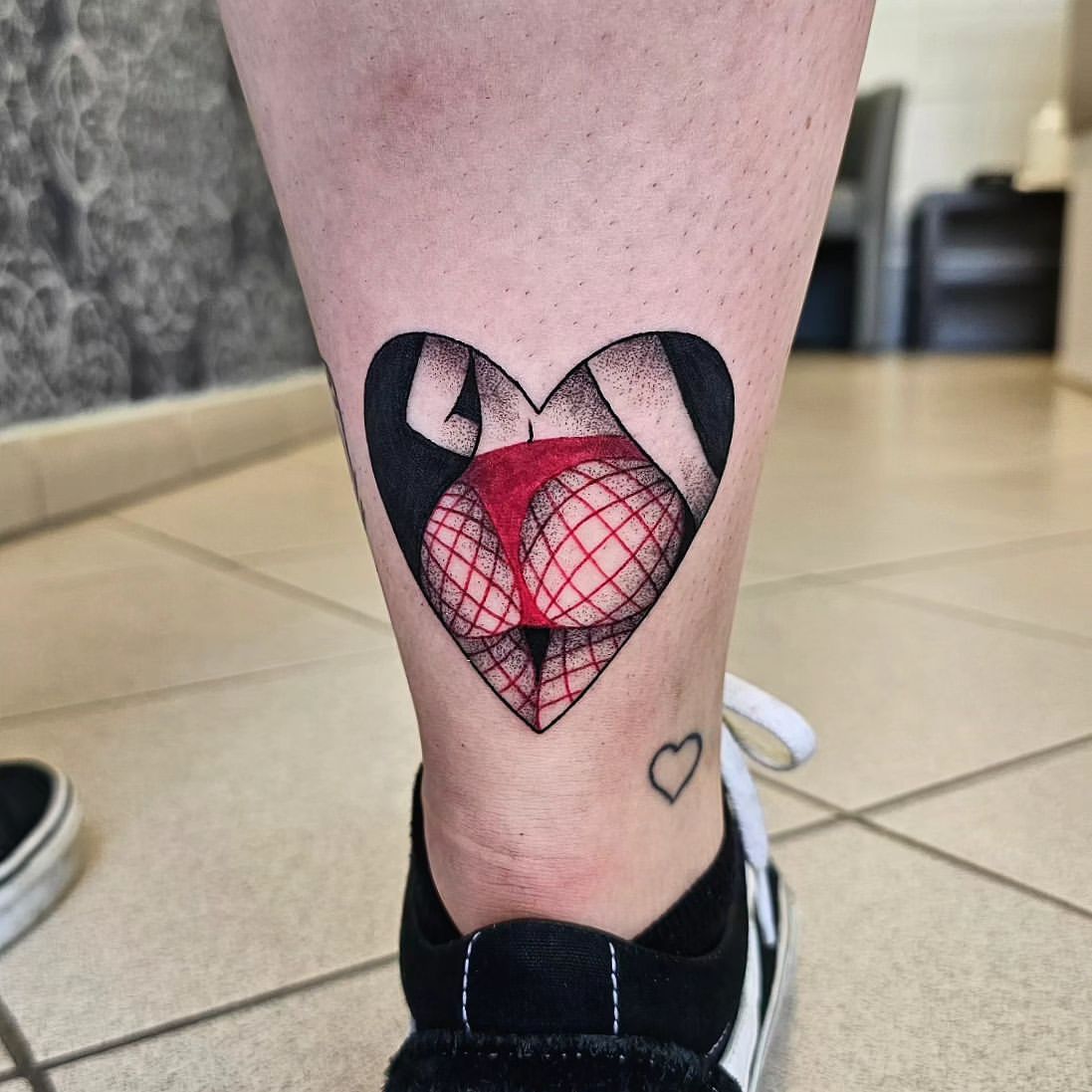
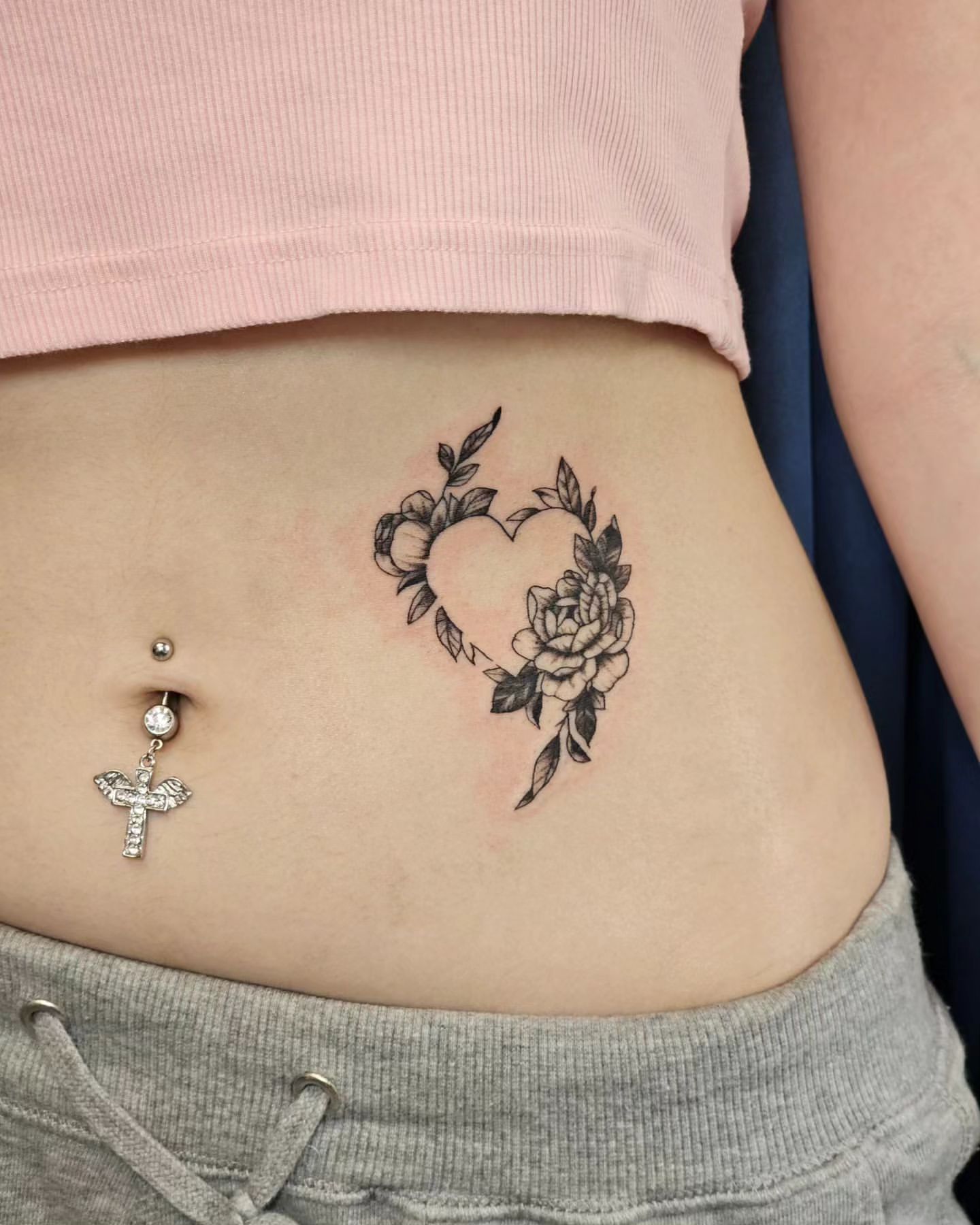
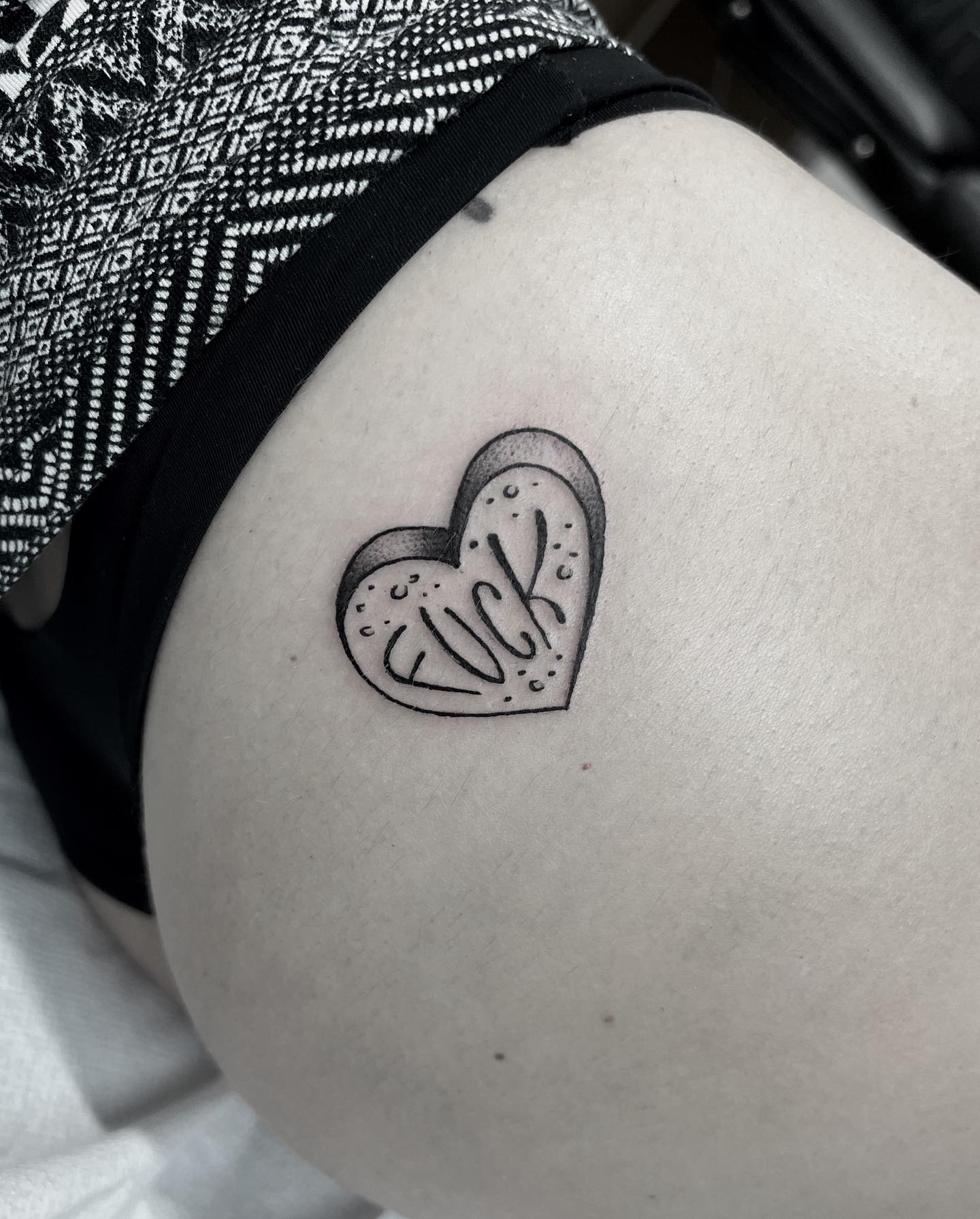

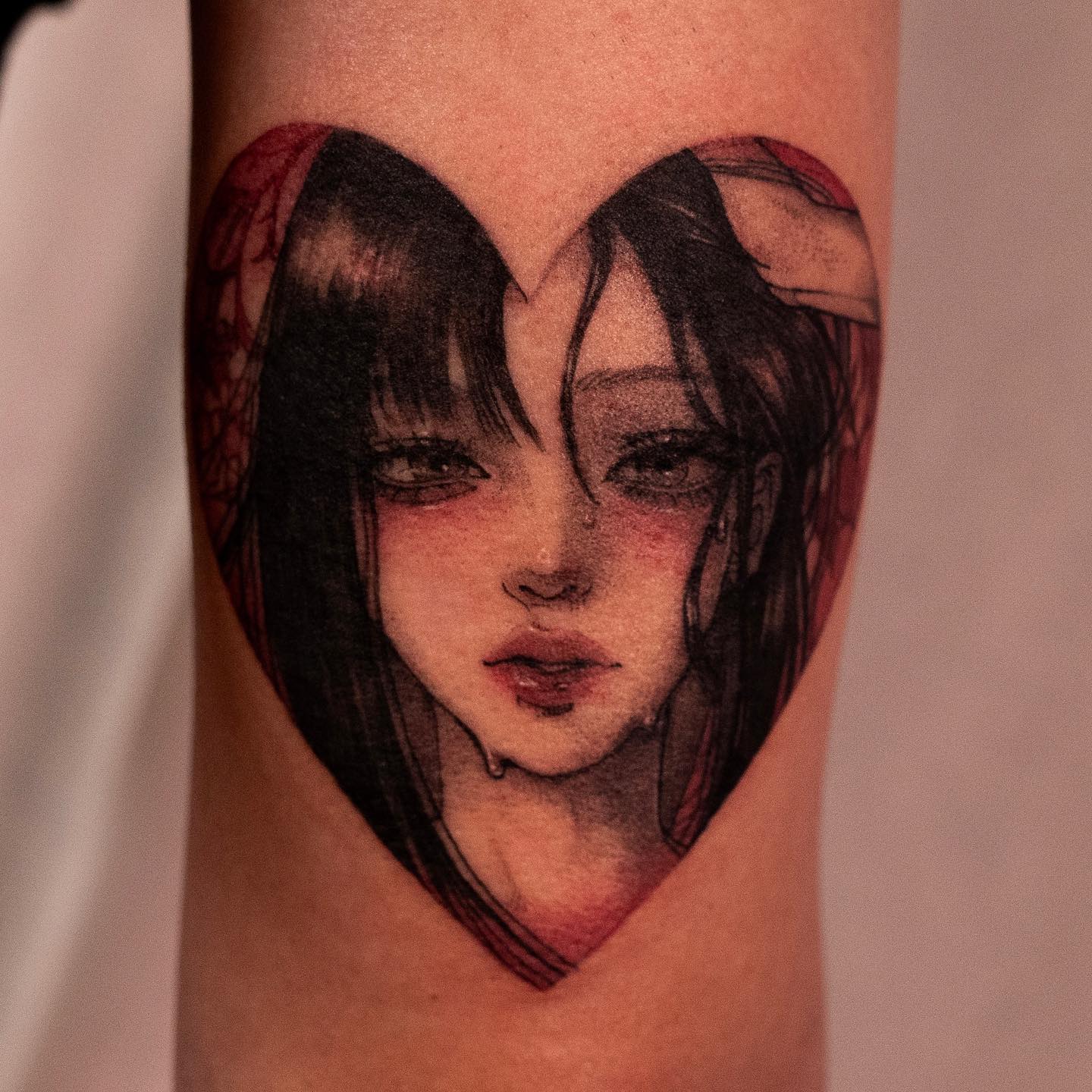
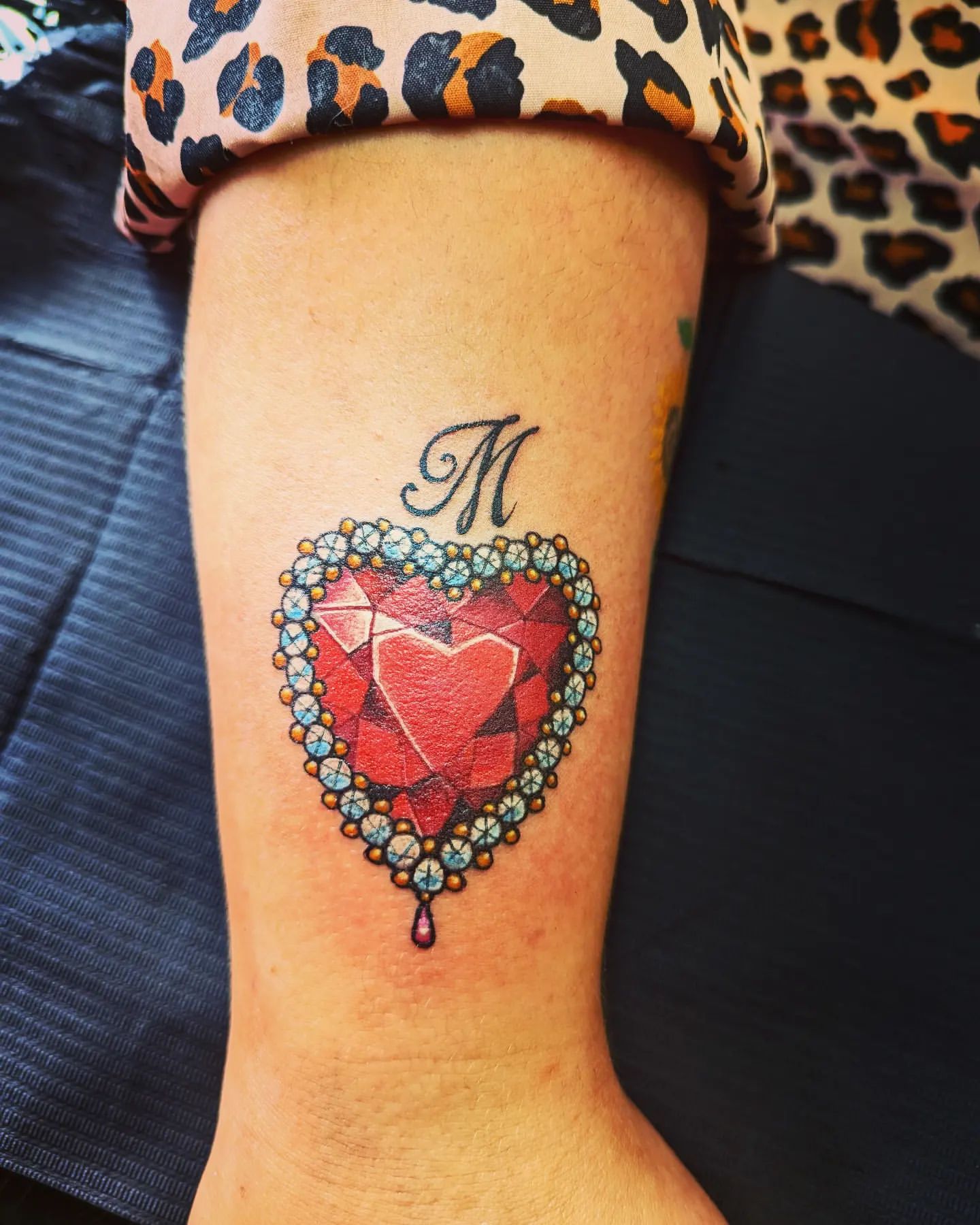
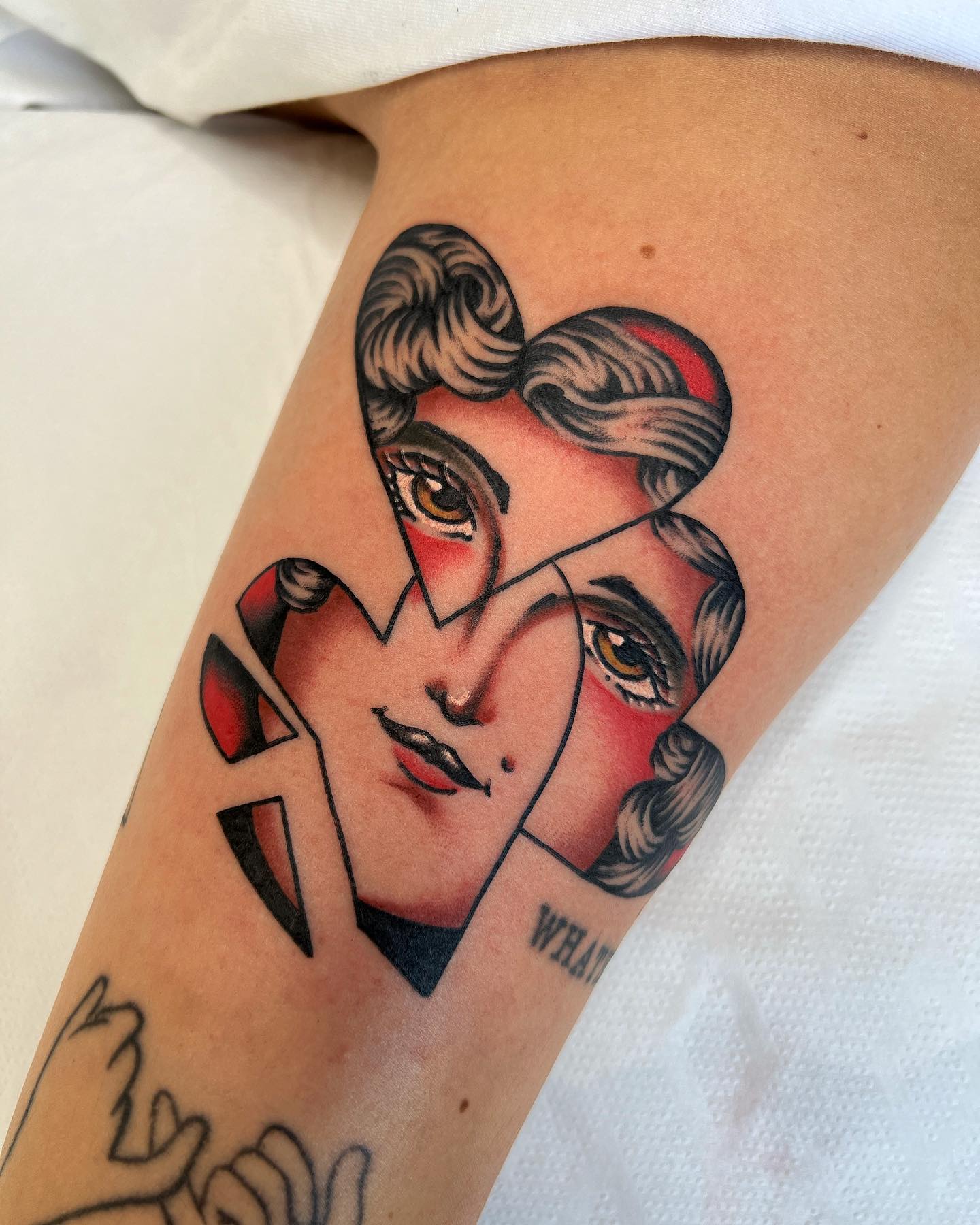
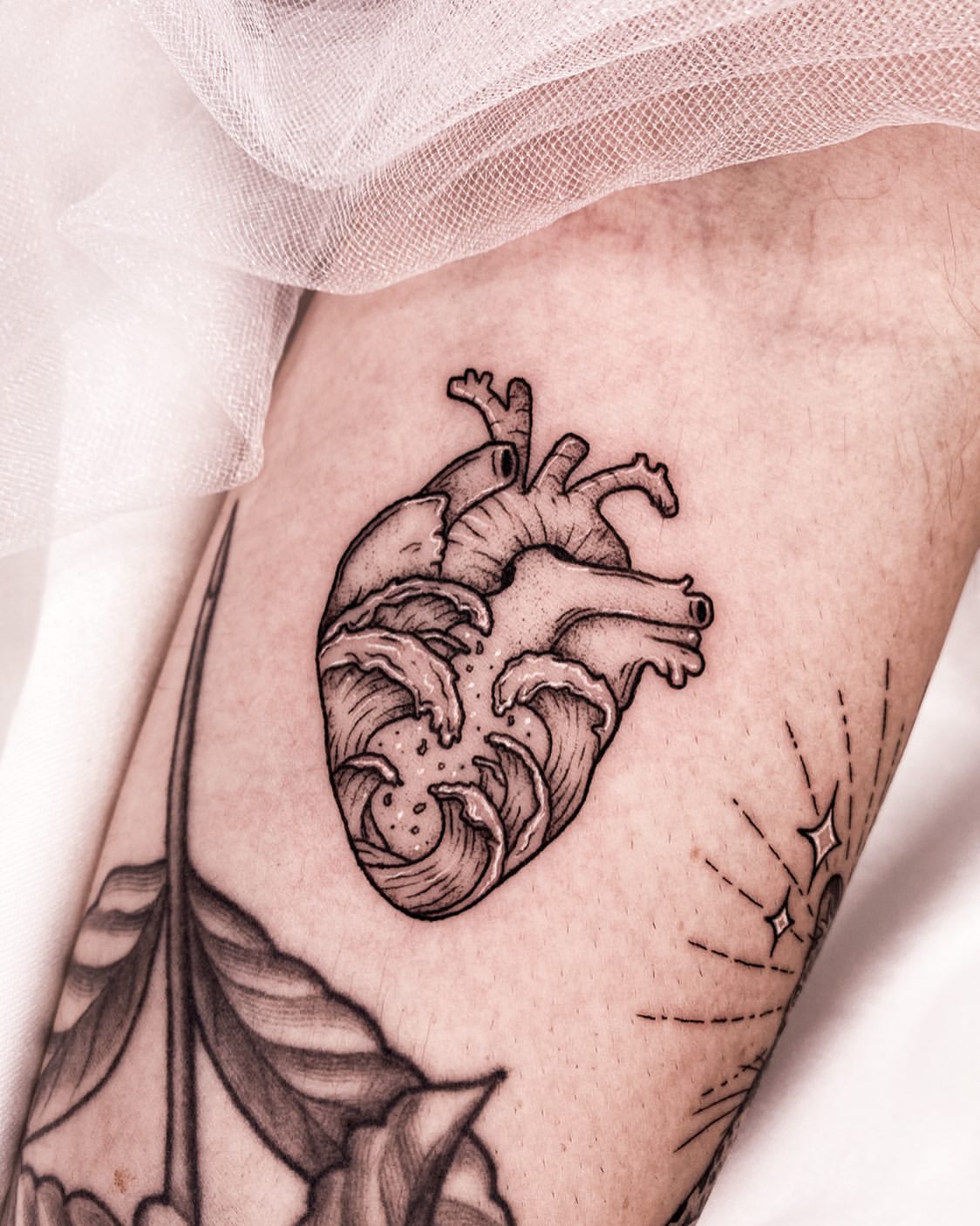
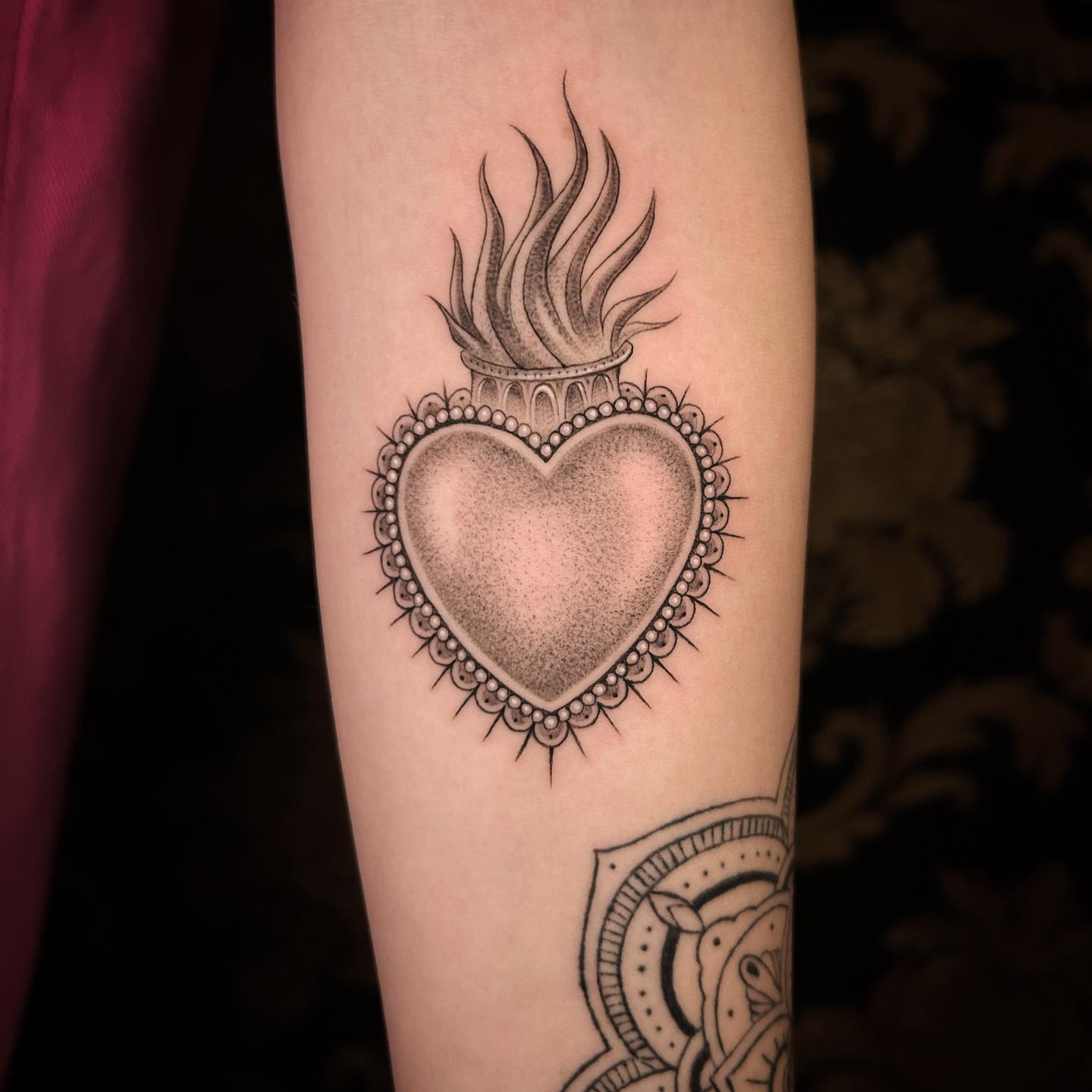
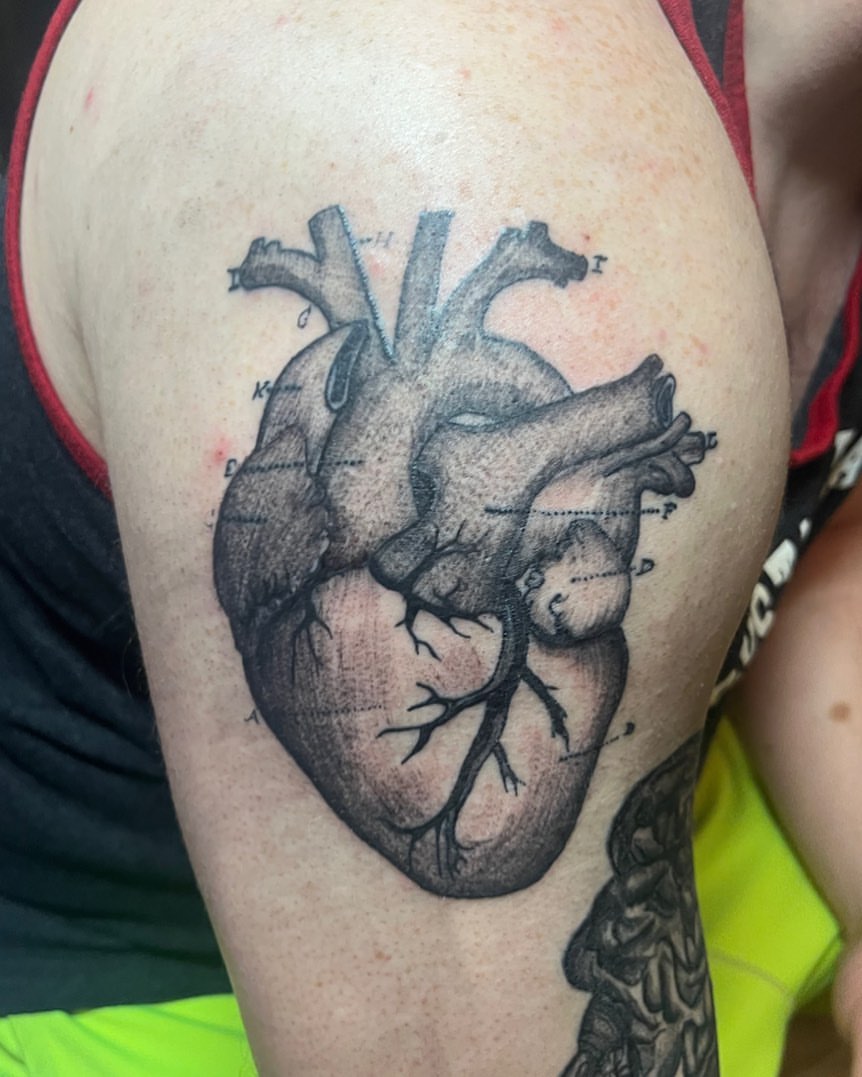
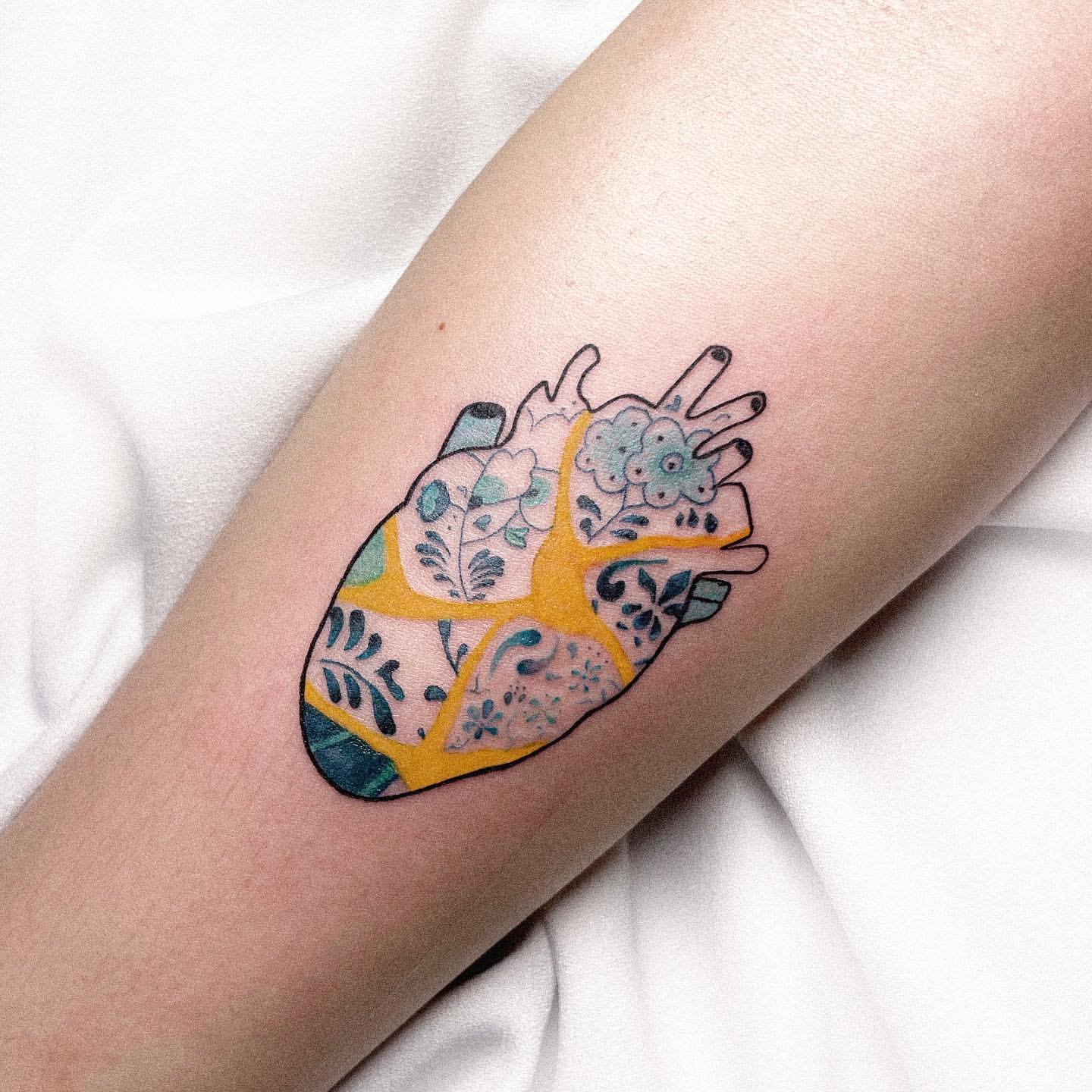
–
–
Dövmeler hakk?nda bilgi almak ve randevu olu?turmak için DM atabilirsiniz.
–
–
–
–
–
–
–
–
–
–
#istanbultattoo #tattooistanbul #kad?köytattoo #kad?köytattoo #kad?köydövme #dövmemodelleri #hotpapper #pappertattoo #tattoos #tattoomodel #tattooideas #tattooartist #tattooart #tattooillustration #redtattoo #flametattoo #dövmesanat? #dövmeler #dövmesanatç?s? #dövmesanat? #k?rm?z?dövme #tattoostyle #pinktattoo #flowertattoo #flowertattoos #flowertattoodesigns #kintsugi #kintsugiart #kintsugitattoo #hearttattoo #bluetattoo #yellowtattoo
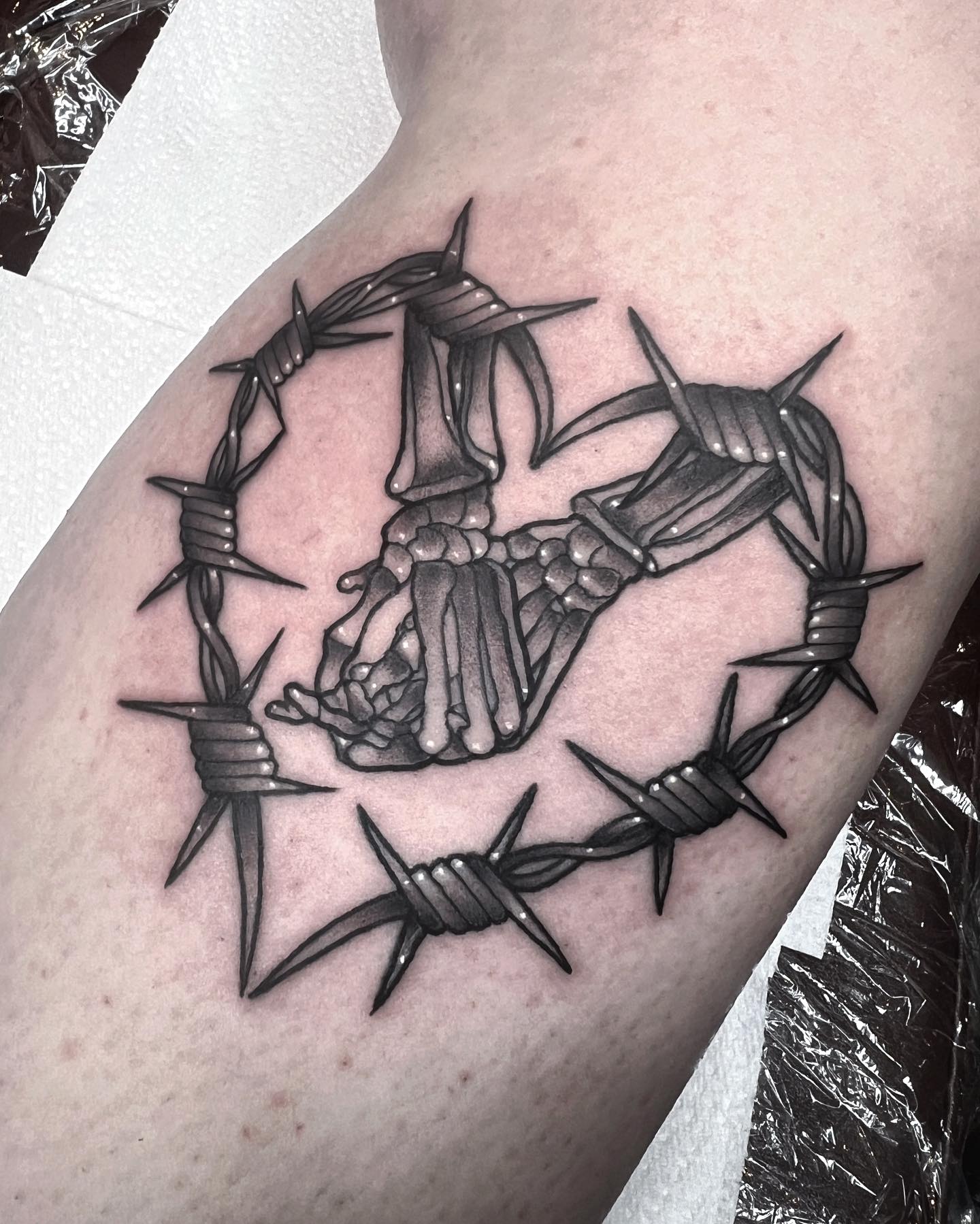
Made using @fkirons @lockdownneedle @butterluxe_uk @pantheraink @starrtattoosupplies
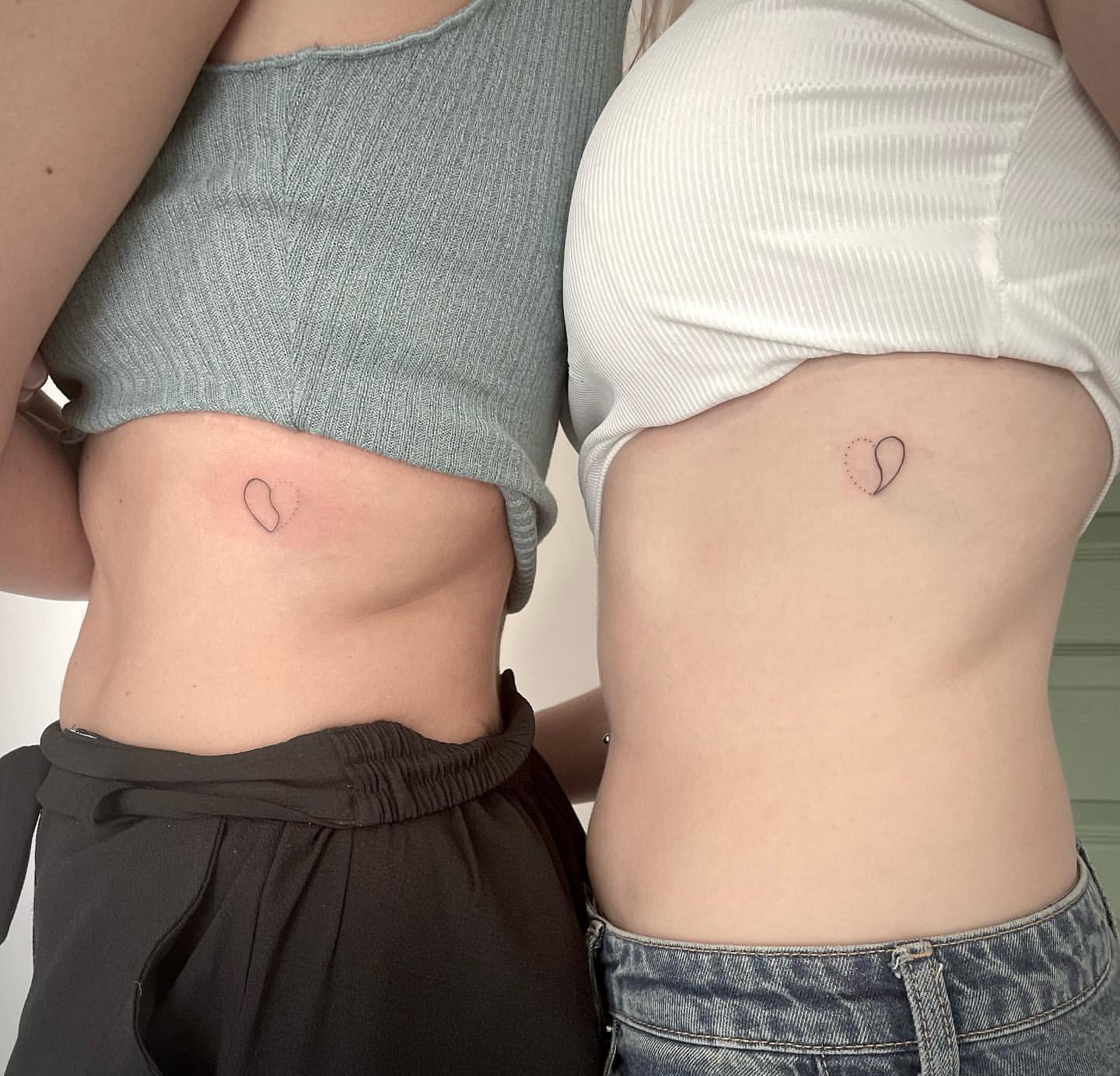
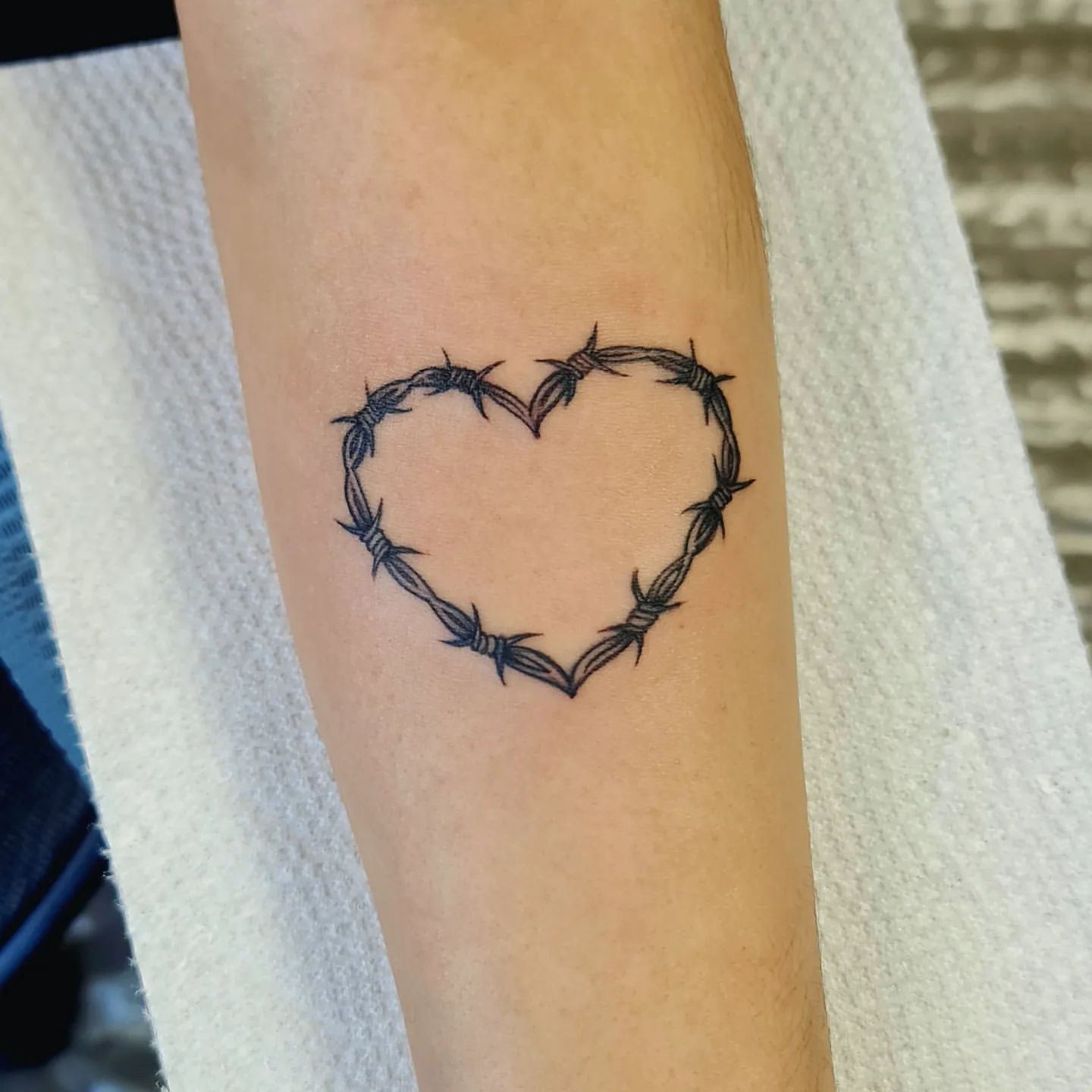
Origins of heart tattoos
Heart tattoos have a rich and fascinating history that dates back thousands of years. The origins of heart tattoos can be traced back to ancient civilizations such as the Egyptians, who believed that the heart was the seat of the soul. They used heart symbols as a representation of the soul and its journey into the afterlife. Similarly, the ancient Greeks and Romans associated the heart with emotions and love, viewing it as the center of human emotions.
Historical significance of heart tattoos
Heart tattoos gained popularity during the 16th century in Europe, particularly among sailors. These seafarers often got heart tattoos to symbolize their loved ones back home and to bring them good luck on their voyages. Heart tattoos became widespread among sailors due to their association with love, loyalty, and protection.
During the Victorian era in the 19th century, heart tattoos took on a more sentimental meaning. People began to incorporate initials, names, or messages into their heart tattoos, which were often worn as tokens of love and remembrance for a special person. These intricate heart tattoos were also popular among women during this time, symbolizing devotion, purity, and eternal love.
Cultural interpretations of heart tattoos
Heart tattoos have different meanings and interpretations across various cultures. In some cultures, the heart represents passion, desire, and romantic love. In others, it symbolizes family, unity, and the bonds between loved ones. For example, in Celtic culture, the heart is a symbol of deep emotional connection and spiritual devotion. Meanwhile, in Native American culture, heart tattoos are seen as a symbol of bravery, courage, and protection.
Heart tattoos also hold religious and spiritual significance in many cultures. In Christianity, the iconic Sacred Heart tattoo represents the love and sacrifice of Jesus Christ. In Hinduism, the heart is associated with the fourth chakra, the Anahata, which represents love, compassion, and inner balance.
Symbolism of Heart Tattoos
Love and affection
One of the most common interpretations of heart tattoos is their representation of love and affection. A heart tattoo can signify deep romantic love, the bond between family members, or the love for a specific hobby, cause, or pet. It serves as a reminder of the emotional connections and the capacity to love.
Courage and bravery
Heart tattoos can also symbolize courage and bravery. In some cultures, a heart tattoo may be associated with the concept of “wearing your heart on your sleeve,” showcasing vulnerability and the willingness to face challenges head-on. It can serve as a reminder to stay strong, be resilient, and overcome obstacles.
Memory and loss
Heart tattoos often hold sentimental value, commemorating loved ones who have passed away. They can serve as a way to honor their memory and keep them close to one’s heart. These tattoos can provide comfort and healing in times of grief, reminding the individual of the everlasting bond they share with their loved one.
Healing and growth
Heart tattoos can also be a symbol of healing and personal growth. For some individuals, getting a heart tattoo can mark a significant milestone in their lives, such as overcoming heartbreak or personal struggles. It represents the strength and resilience to heal and grow from difficult experiences.
Variations of Heart Tattoos
Anatomical heart tattoos
Anatomical heart tattoos depict the realistic structure of the human heart, complete with veins, arteries, and chambers. These tattoos can represent a fascination with biology, passion for the medical field, or the acknowledgment of the fragility of life. Anatomical heart tattoos are often intricate and highly detailed, showcasing the complexity of the human body.
Heartbeat tattoos
Heartbeat tattoos are a popular choice for those who want a minimalist design. These tattoos typically feature a simple line or waveform that mimics the pattern of a heartbeat. Heartbeat tattoos symbolize the rhythm of one’s life, the ups and downs, and the vitality of one’s existence. They can also represent moments of excitement, celebration, or significant events in a person’s life.
Broken heart tattoos
Broken heart tattoos often portray a broken or shattered heart, symbolizing heartbreak, loss, or the end of a relationship. These tattoos can serve as a way to heal, reminding the individual to stay strong and find inner peace. Broken heart tattoos may also represent resilience, personal growth, and the ability to find love again.
Infinity heart tattoos
Infinity heart tattoos combine the infinity symbol (∞) with a heart, creating a design that represents eternal and everlasting love. These tattoos are often chosen by couples as a symbol of their unbreakable bond or by individuals who want to express their unwavering love for someone or something. Infinity heart tattoos can also represent the infinite capacity for self-love and self-acceptance.
Location Choices for Heart Tattoos
Heart tattoos on wrist
Wrist tattoos are a popular choice for heart tattoos due to their visibility and versatility. A heart tattoo on the wrist can serve as a constant reminder of love, affection, or personal growth. It can also be easily covered up if desired, making it suitable for both professional and personal settings.
Heart tattoos on neck
Heart tattoos on the neck can be an eye-catching and symbolic choice. They can represent the importance of love and emotional connections, as well as symbolize the depths of one’s emotions. However, neck tattoos may not be suitable for everyone, as they may limit professional opportunities and require careful consideration of placement.
Heart tattoos on ankle
Tattoos on the ankle, including heart tattoos, can be dainty and feminine. They are often chosen for their discreetness and ability to be easily hidden or shown off when desired. Heart tattoos on the ankle can represent personal growth, love for oneself, or a special bond with someone.
Heart tattoos on chest
Heart tattoos on the chest are a powerful and meaningful choice. They can represent the depth of emotions, the love for oneself, or the desire to protect and cherish loved ones. Chest tattoos are often considered a statement piece and can be highly visible, making them a bold and personal expression of one’s values and beliefs.
Color Choices for Heart Tattoos
Red heart tattoos
Red is the traditional color associated with the heart and love. Red heart tattoos symbolize passion, desire, and deep romantic love. These tattoos can be bold and vibrant, showcasing the intensity of one’s emotions. Red heart tattoos are a timeless choice and can be paired with various designs and styles to create a visually striking tattoo.
Black heart tattoos
Black heart tattoos offer a contrasting and visually striking appearance. They can symbolize grief, loss, or a dark period in one’s life. Black heart tattoos can also represent strength, resilience, and the ability to overcome challenges. These tattoos are often chosen by individuals who have experienced heartbreak or loss and want to express their emotional journey through their body art.
Watercolor heart tattoos
Watercolor heart tattoos have gained popularity in recent years due to their vibrant and artistic appearance. These tattoos mimic the brushstrokes and blending techniques of watercolor paintings, creating a soft, ethereal, and dream-like effect. Watercolor heart tattoos can symbolize the fluidity of emotions, the beauty of imperfection, or the uniqueness of one’s personal journey.
Multi-colored heart tattoos
Multi-colored heart tattoos incorporate a variety of colors, creating a visually dynamic and personalized design. These tattoos can represent the diverse range of emotions, experiences, and connections in one’s life. Multi-colored heart tattoos can be playful, vibrant, and expressive, reflecting the individual’s personality and the symbolic meanings associated with each color.
Choosing the Right Design for a Heart Tattoo
Considering personal symbolism
When choosing a heart tattoo design, it is essential to consider the personal symbolism behind the tattoo. Reflecting on what the heart represents to you, whether it is love, passion, family, or personal growth, can help guide your tattoo design choices. Think about the elements, symbols, or images that resonate with you and incorporate them into your heart tattoo design.
Working with a professional tattoo artist
Collaborating with a professional tattoo artist is crucial when designing your heart tattoo. Tattoo artists are skilled in translating your ideas into a cohesive and visually appealing design. They can provide guidance on placement, size, and style, ensuring that your heart tattoo meets your expectations. Take the time to research and choose a reputable, experienced tattoo artist who specializes in the style you desire.
Researching design ideas and styles
Before getting a heart tattoo, it is essential to research various design ideas and styles. Explore different tattoo inspiration sources, such as online galleries, tattoo magazines, and social media platforms dedicated to showcasing tattoo art. Look for designs that resonate with you and capture the symbolism or emotions you want to convey through your heart tattoo.
Care and Maintenance of Heart Tattoos
Immediate aftercare of a new tattoo
Proper aftercare is essential for the healing and preservation of your heart tattoo. After getting a new tattoo, it is crucial to follow your tattoo artist’s instructions carefully. Keep the tattoo clean, avoid picking or scratching at it, and apply a recommended aftercare ointment to promote healing. Protect your new tattoo from excessive sun exposure, and avoid swimming or soaking in water until it has healed completely.
Long-term care for maintaining color and sharpness
To maintain the color and sharpness of your heart tattoo over time, it is necessary to care for your skin and protect it from factors that can cause fading or blurring. Moisturize regularly to keep your skin hydrated and supple. Apply a high SPF sunscreen to protect your tattoo from sun damage, as UV rays can fade tattoos. Avoid exposing your tattoo to harsh chemicals or abrasive materials that may cause damage.
What to do if your tattoo fades or blurs
If your heart tattoo starts to fade or blur over time, there are options for restoration. Consult with a professional tattoo artist who specializes in touch-ups and restorations. They can assess your tattoo and recommend appropriate measures to restore its vibrancy and sharpness. Keep in mind that touch-ups may be necessary over the years to maintain the desired appearance of your heart tattoo.
Risks and Precautions for Heart Tattoos
Potential health risks
As with any tattoo, heart tattoos carry potential health risks that should be considered. These risks include infection, allergic reactions, and transmission of bloodborne diseases if proper hygiene and sterilization procedures are not followed. It is essential to choose a reputable tattoo parlor that adheres to strict sanitation practices and uses sterile equipment to minimize the risk of complications.
Allergic reactions
Some individuals may experience allergic reactions to tattoo ink, especially if they have known allergies to certain substances or metals. Allergic reactions can result in itching, swelling, and inflammation around the tattooed area. It is crucial to inform your tattoo artist of any known allergies before getting a heart tattoo to ensure they choose suitable hypoallergenic inks.
Proper hygienic practices
To minimize the risk of infection and other complications, it is crucial to practice proper hygiene throughout the tattooing process. This includes ensuring that the tattoo artist uses new, sterilized needles and equipment, follows strict hand hygiene protocols, and maintains a clean and sterile working environment.
Choosing a reputable tattoo parlor
When getting a heart tattoo, it is vital to choose a reputable tattoo parlor that prioritizes hygiene and safety. Research local tattoo parlors, read reviews, and ask for recommendations from friends or family members who have had positive experiences. Visit the shop in person to assess cleanliness and sanitary practices. A reputable tattoo parlor will have experienced artists, certifications, and a license displayed prominently.
Pricing for Heart Tattoos
Factors influencing the cost of a heart tattoo
The cost of a heart tattoo can vary depending on various factors. The size, complexity, and level of detail in the design play significant roles. Larger tattoos or those with intricate details may require more time and effort, thus increasing the cost. The tattoo artist’s experience, reputation, and location can also influence pricing.
Average pricing ranges for heart tattoos
On average, the cost of a heart tattoo can range from $50 to $300 or more. Simple and smaller heart tattoos tend to be on the lower end of the price scale, while larger, more intricate designs will generally be more expensive. Keep in mind that pricing can vary significantly based on the factors mentioned above, so it is best to consult with your chosen tattoo artist for an accurate quote.
Extra costs associated with heart tattoos
In addition to the base cost of the tattoo, there may be extra costs associated with getting a heart tattoo. These costs can include consultation fees, custom design fees, touch-up fees, and aftercare products recommended by the tattoo artist. It is essential to discuss and clarify all associated costs with your tattoo artist before proceeding with the tattooing process.
Removal Process for Heart Tattoos
Why people decide to remove their heart tattoos
There are various reasons why individuals may choose to remove their heart tattoos. Changes in personal circumstances, relationship statuses, or a shift in personal preferences can all contribute to the decision. Some people may regret their tattoo due to the design, placement, or associated memories. Tattoo removal provides an opportunity for personal reinvention and the freedom to move on from the past.
How heart tattoo removal works
Tattoo removal techniques have evolved significantly, offering various options for those seeking tattoo removal. The most common methods include laser removal and surgical excision. Laser removal involves targeting the tattoo ink with laser energy, breaking it down into smaller fragments that are gradually eliminated by the body’s immune system. Surgical excision involves removing the tattooed skin and suturing the remaining skin together.
The cost of tattoo removal
The cost of tattoo removal can depend on several factors, including the size, color, and location of the heart tattoo. Laser removal typically costs between $200 and $500 per session, with multiple sessions required for complete removal. Surgical excision is generally more expensive and may cost around $1,000 or more. Keep in mind that tattoo removal costs can vary significantly, so consulting with a removal specialist is essential for an accurate quote.
Aftercare for tattoo removal process
Aftercare plays a crucial role in the tattoo removal process to promote healing and minimize complications. Following the removal procedure, it is essential to follow the aftercare instructions provided by the removal specialist. This may include keeping the treated area clean, moisturized, and protected from sunlight. It is crucial to attend follow-up appointments and notify the removal specialist of any concerns or complications.

